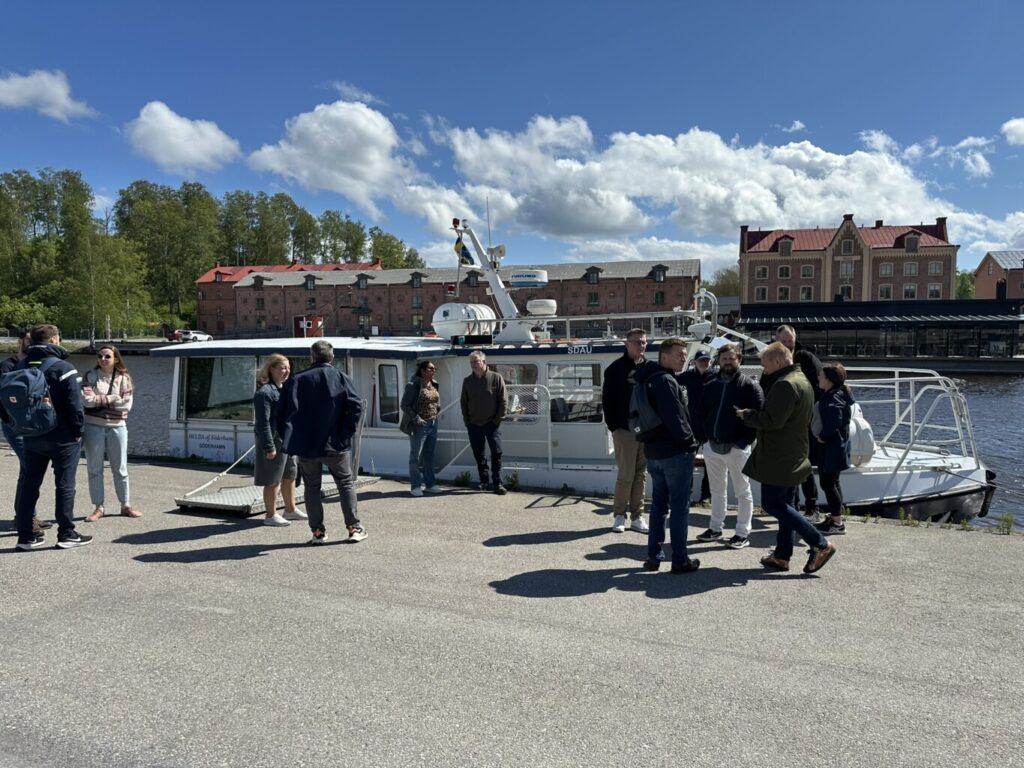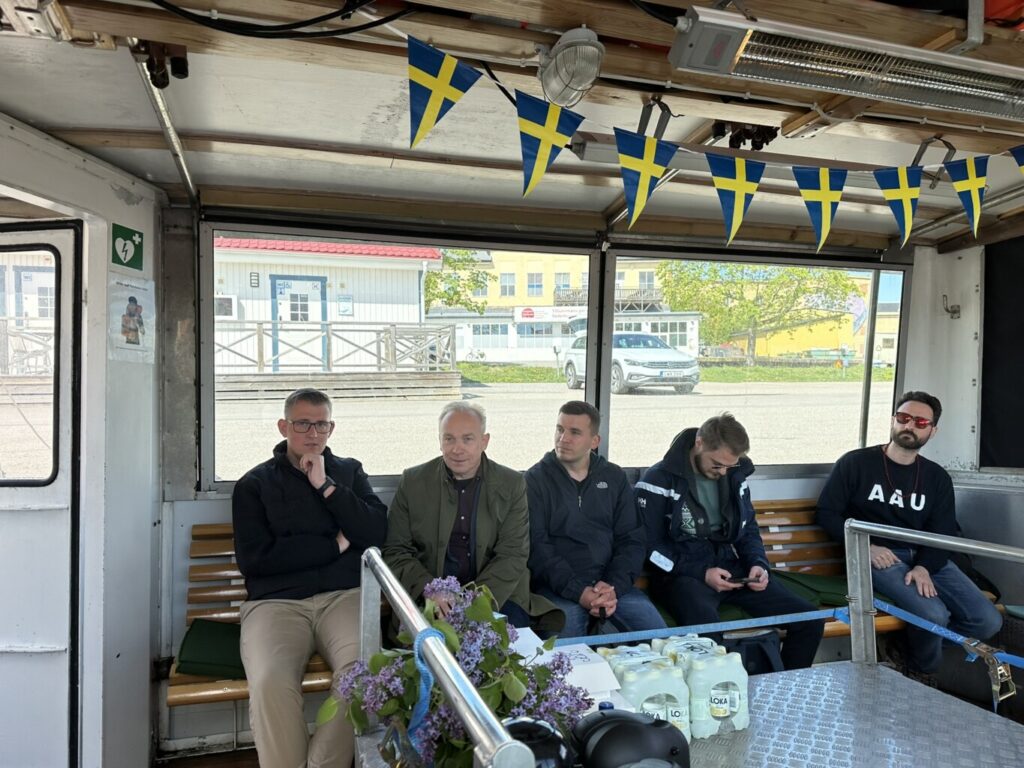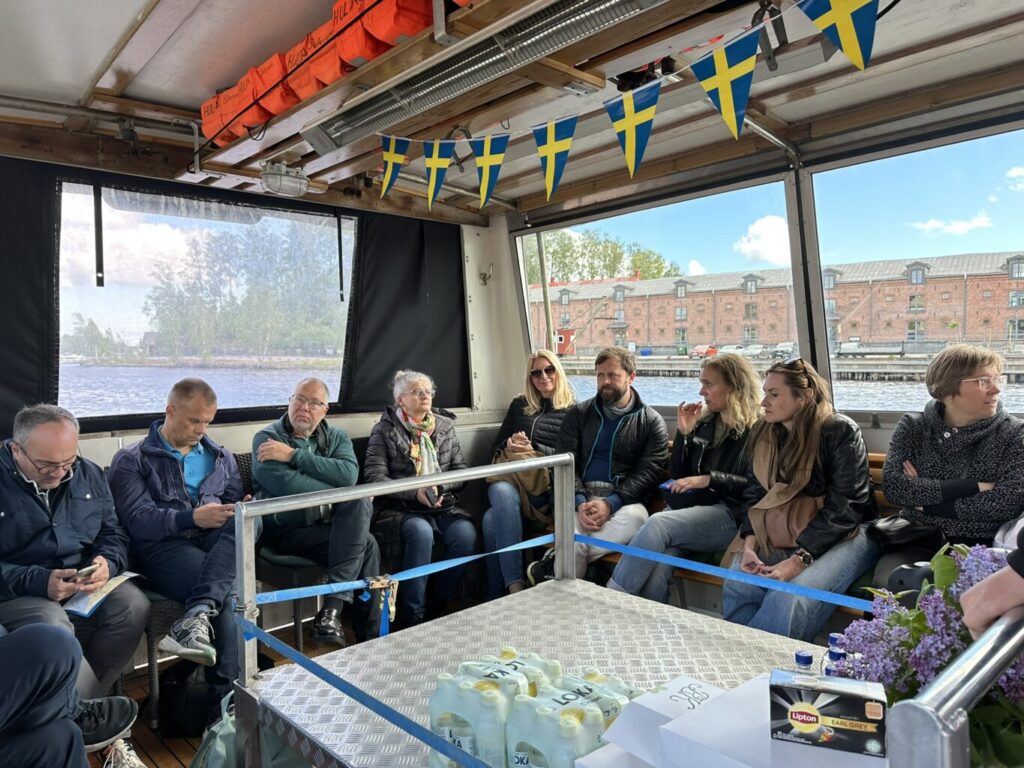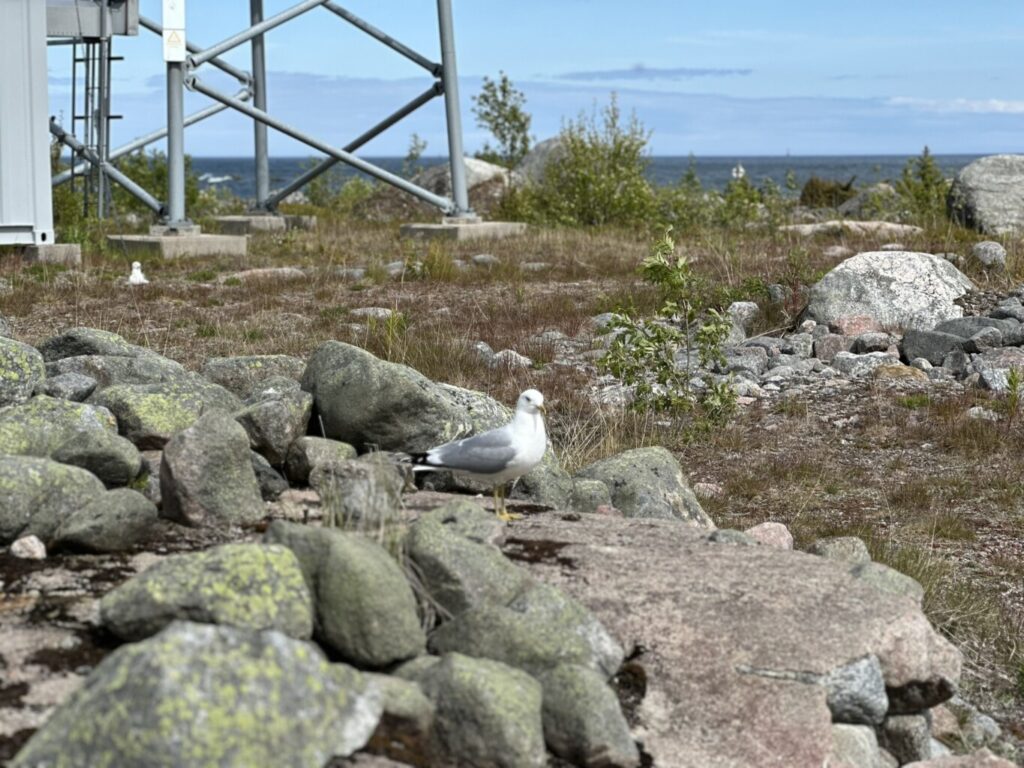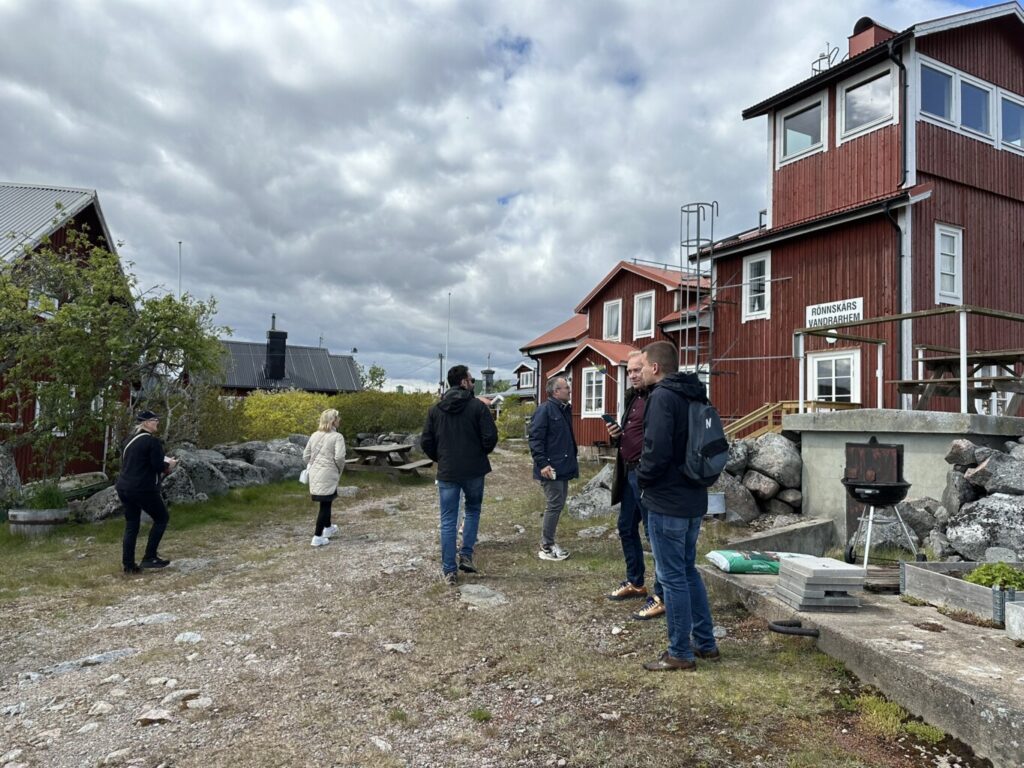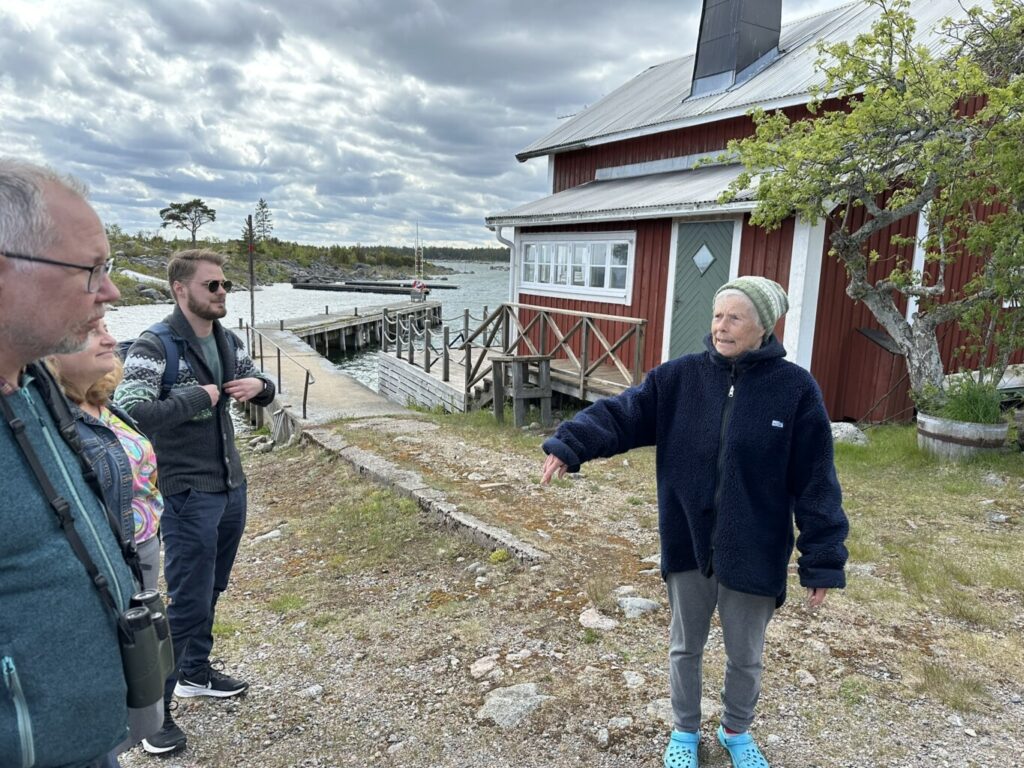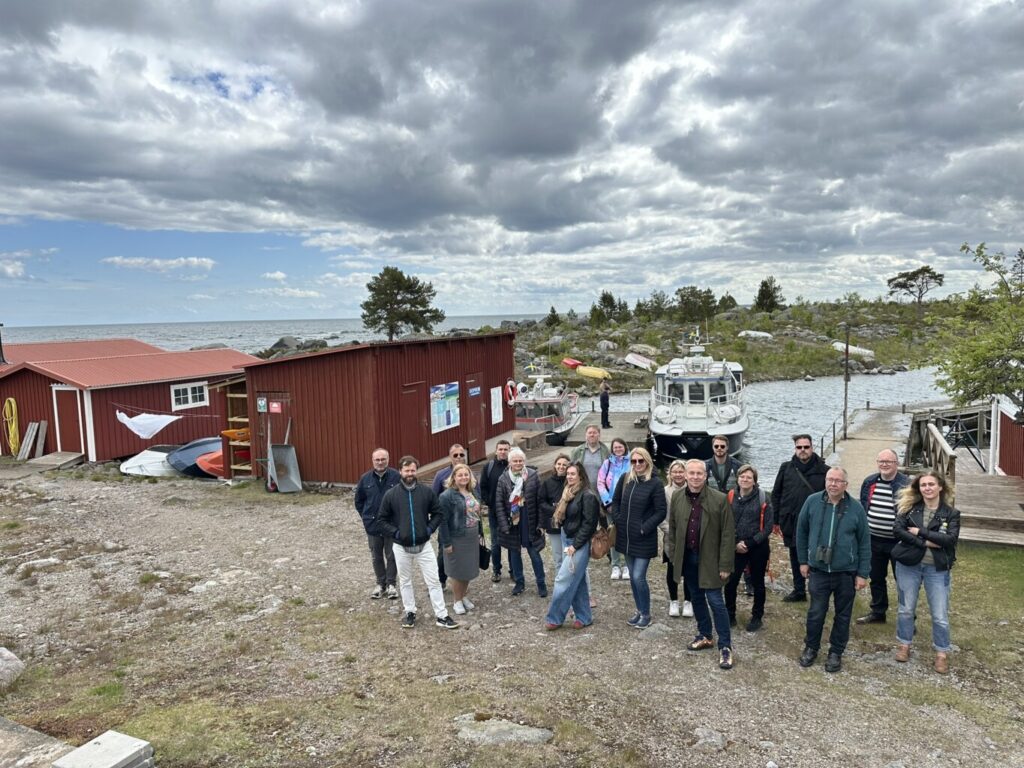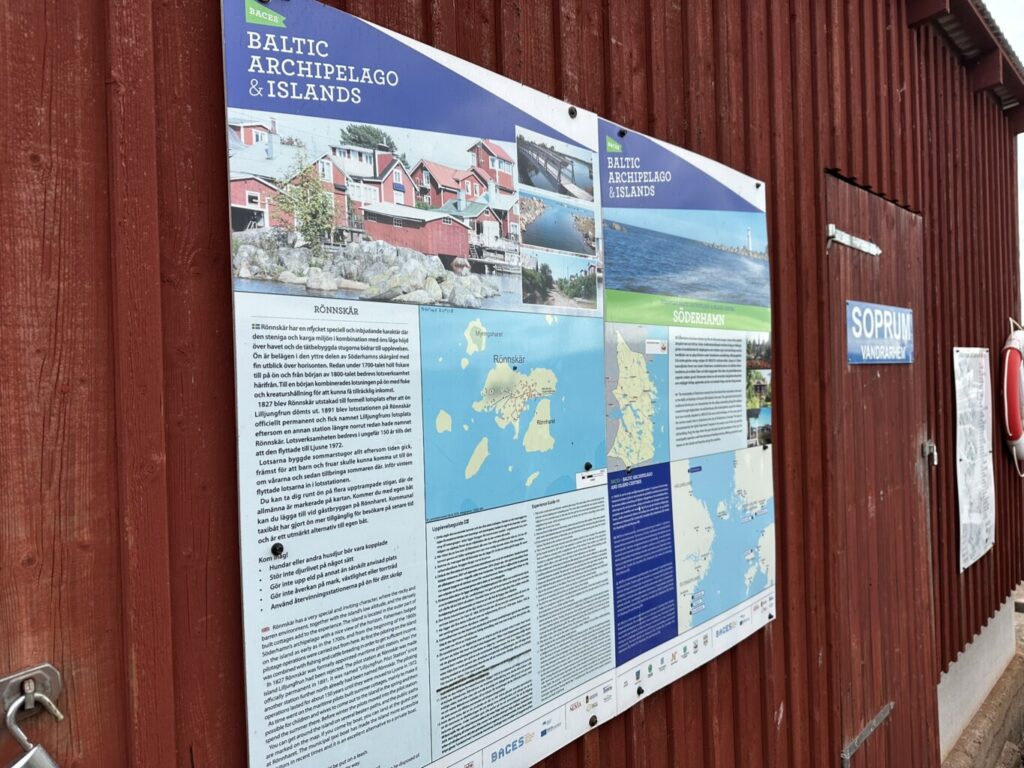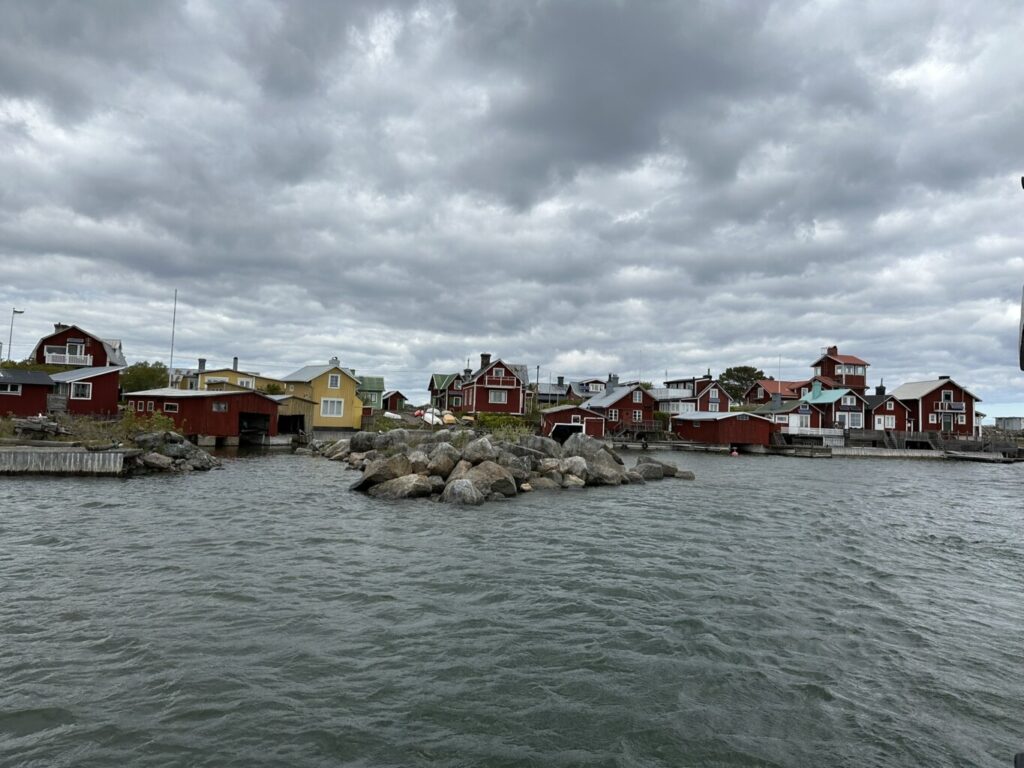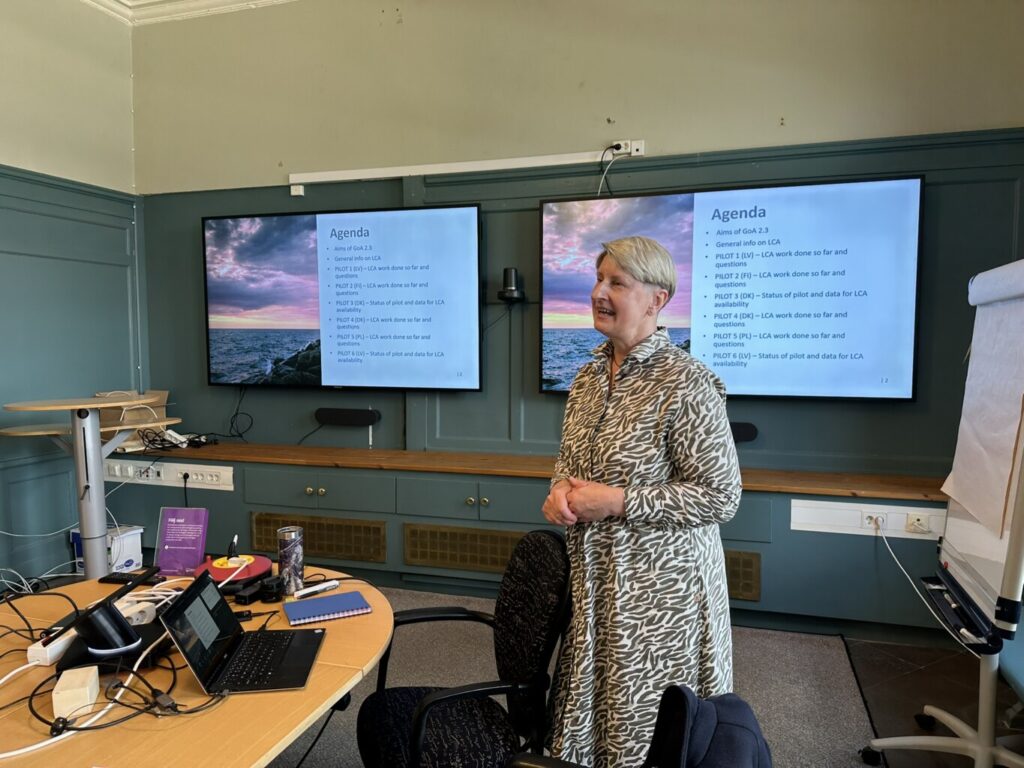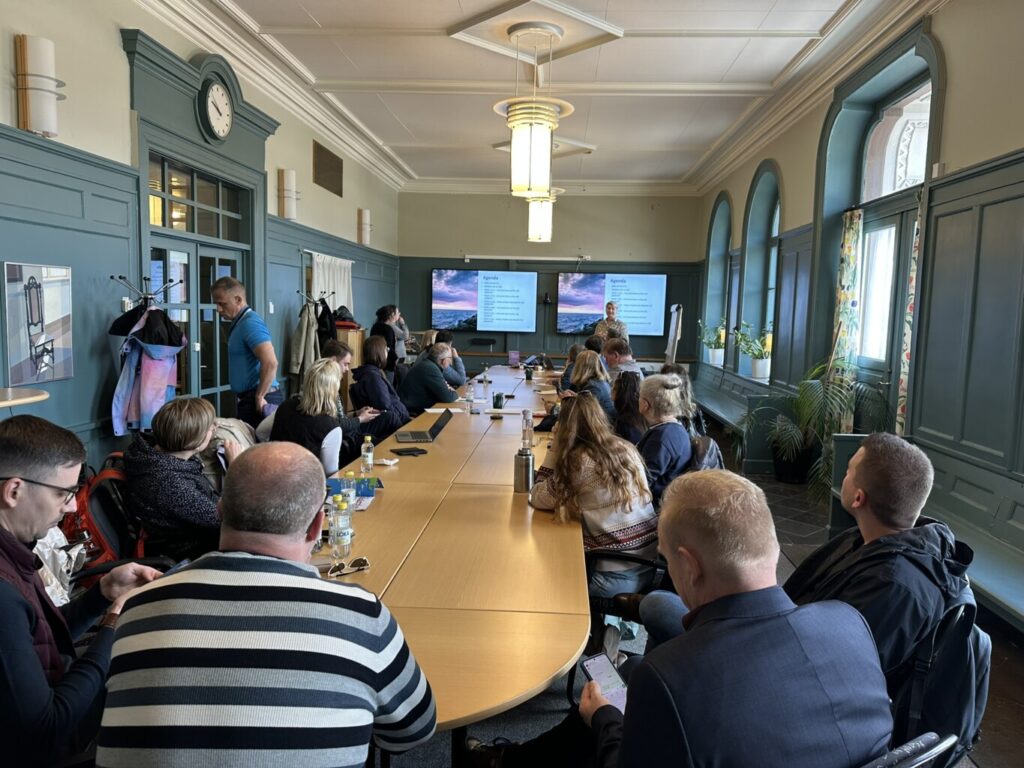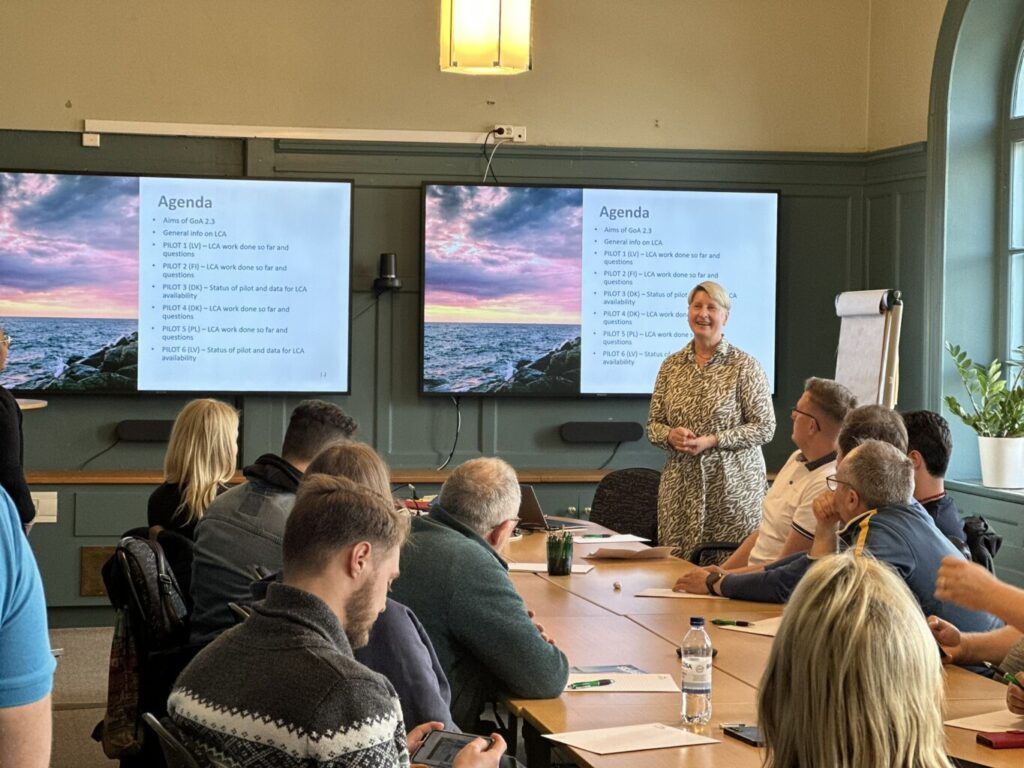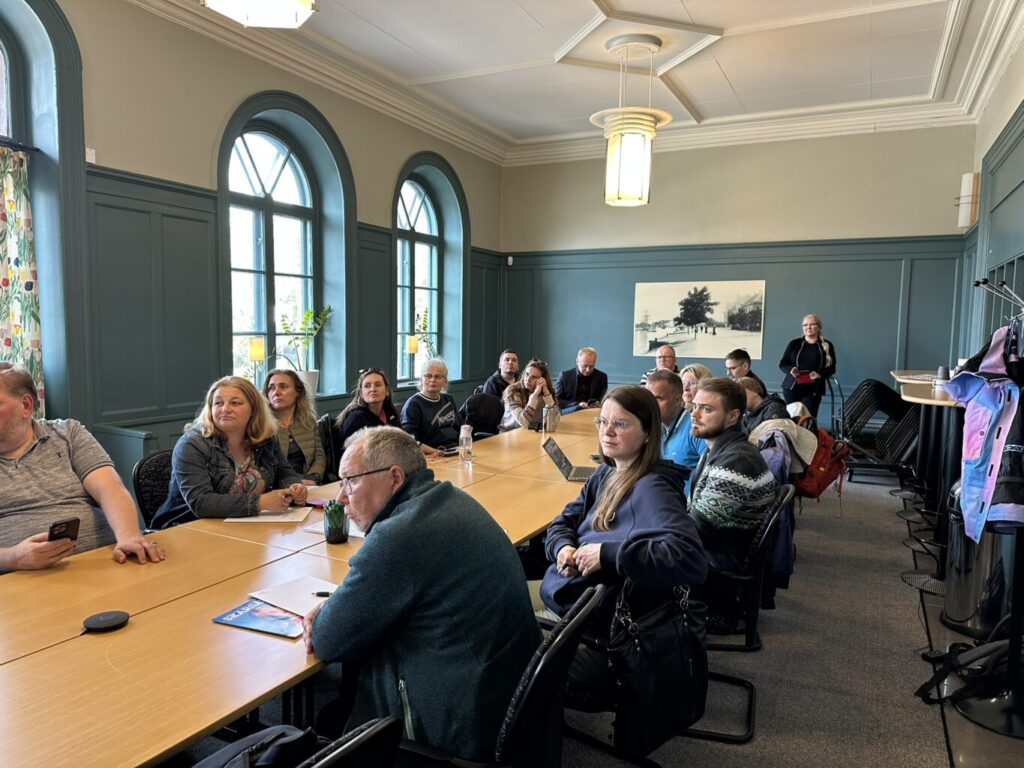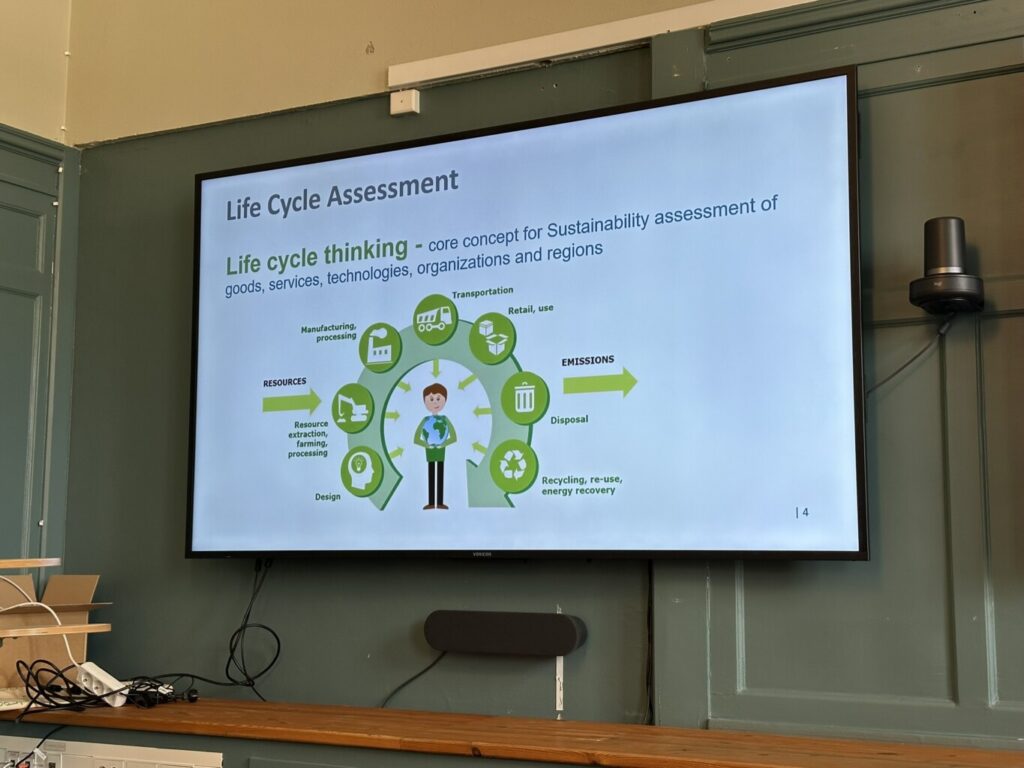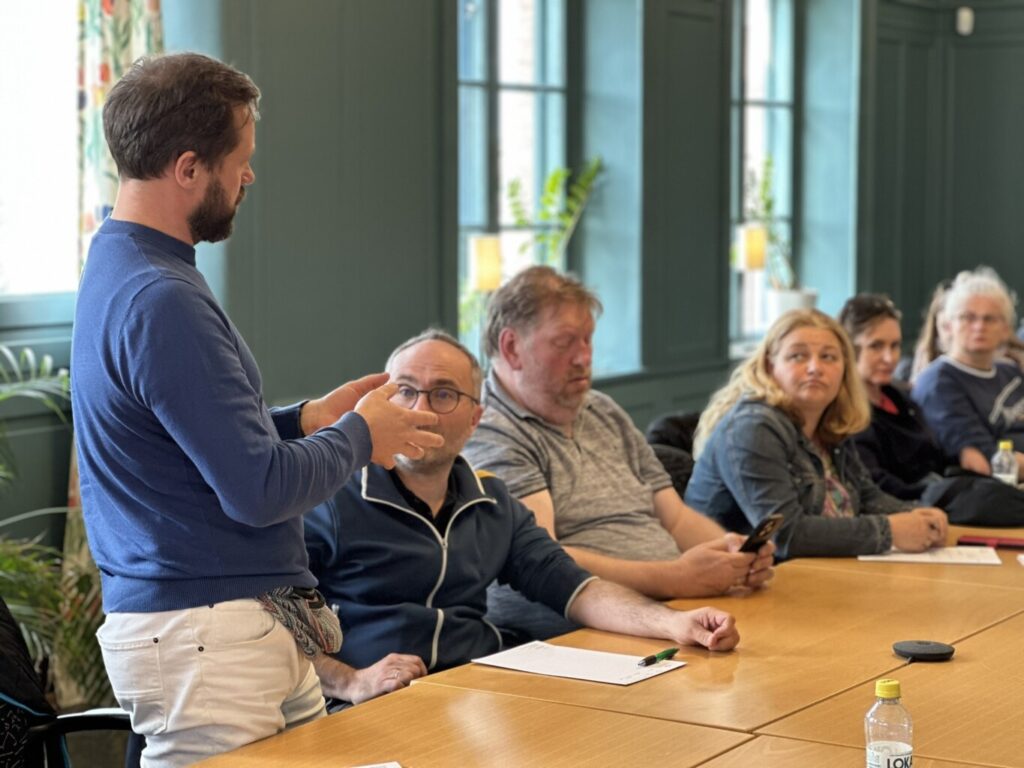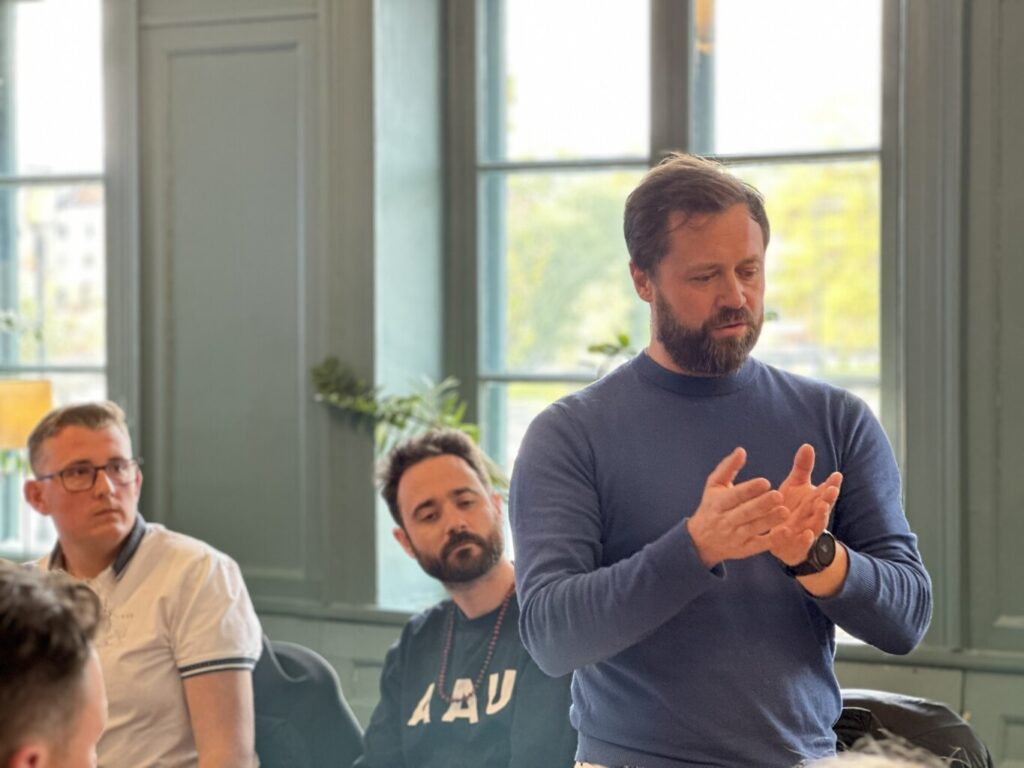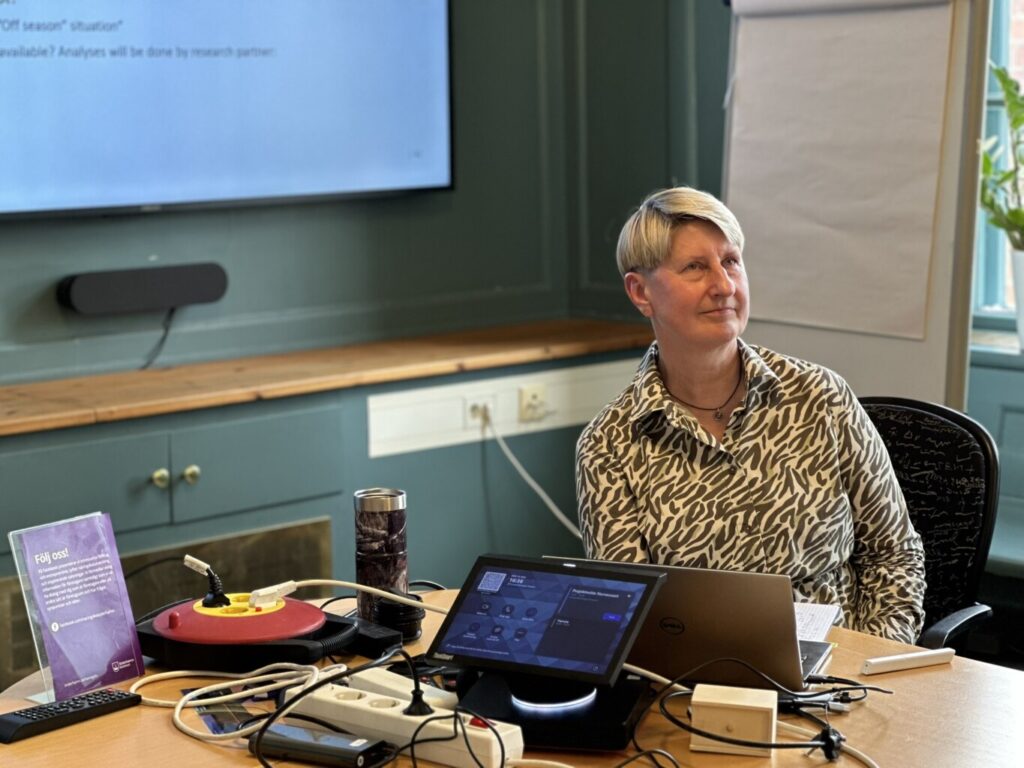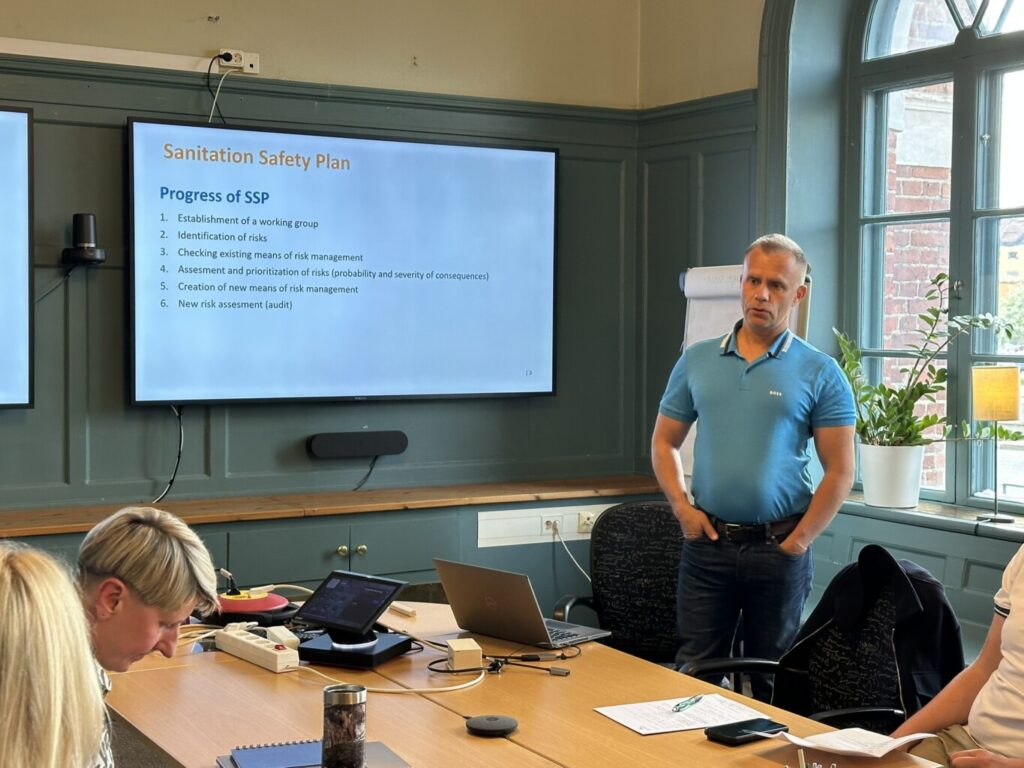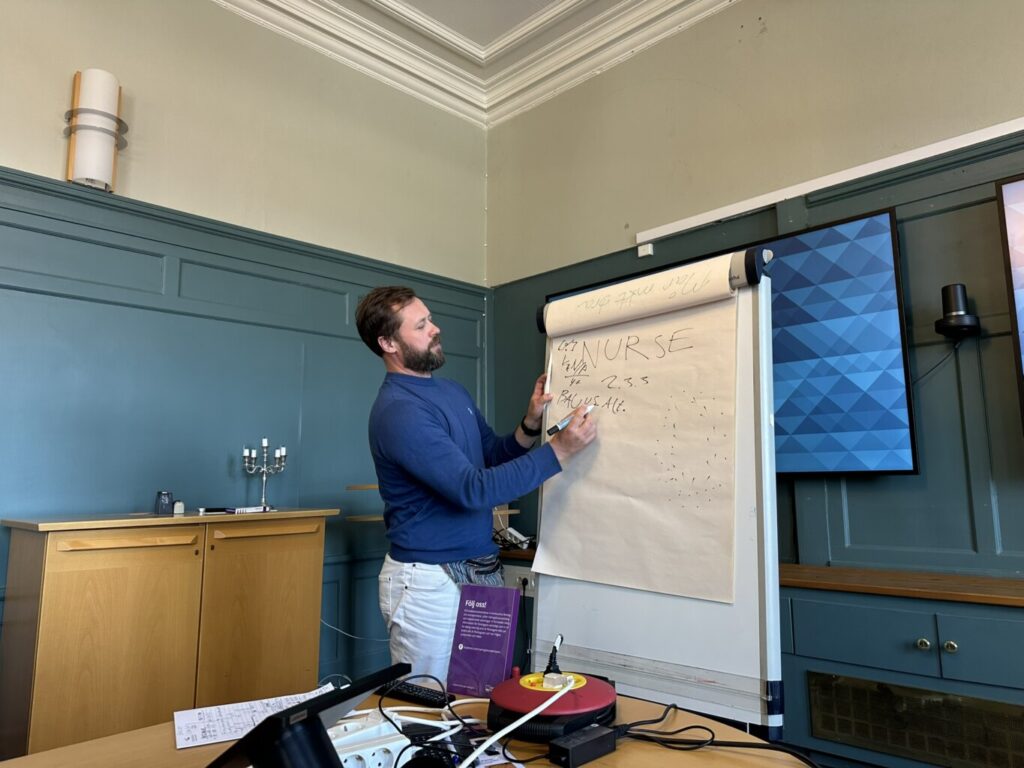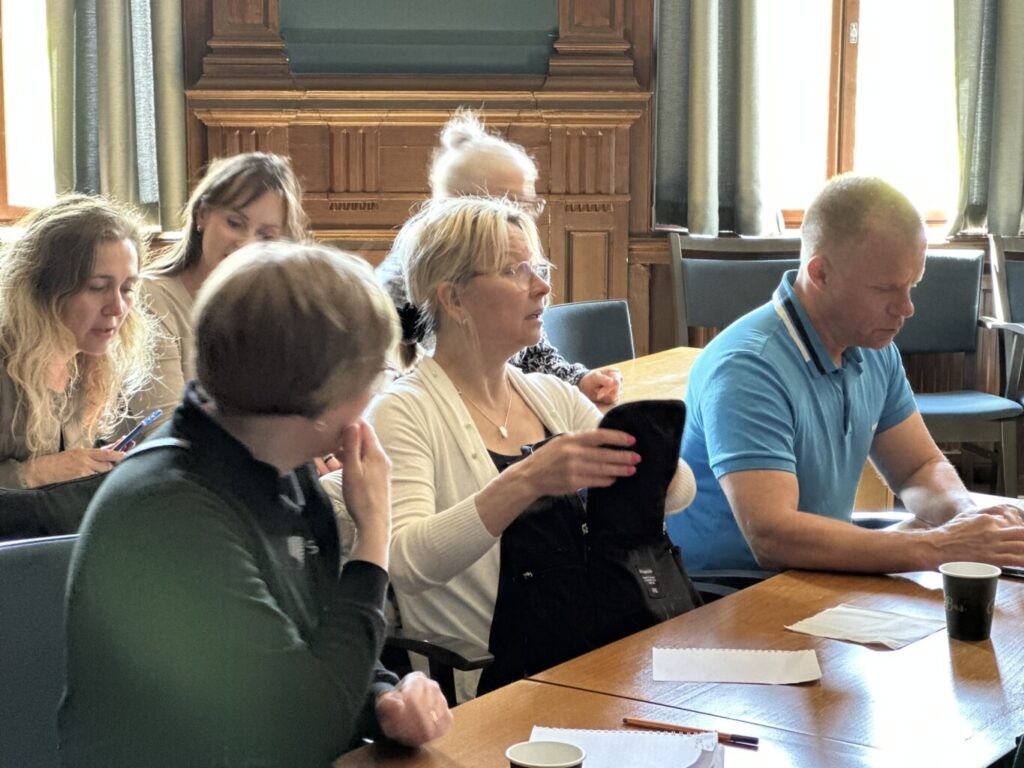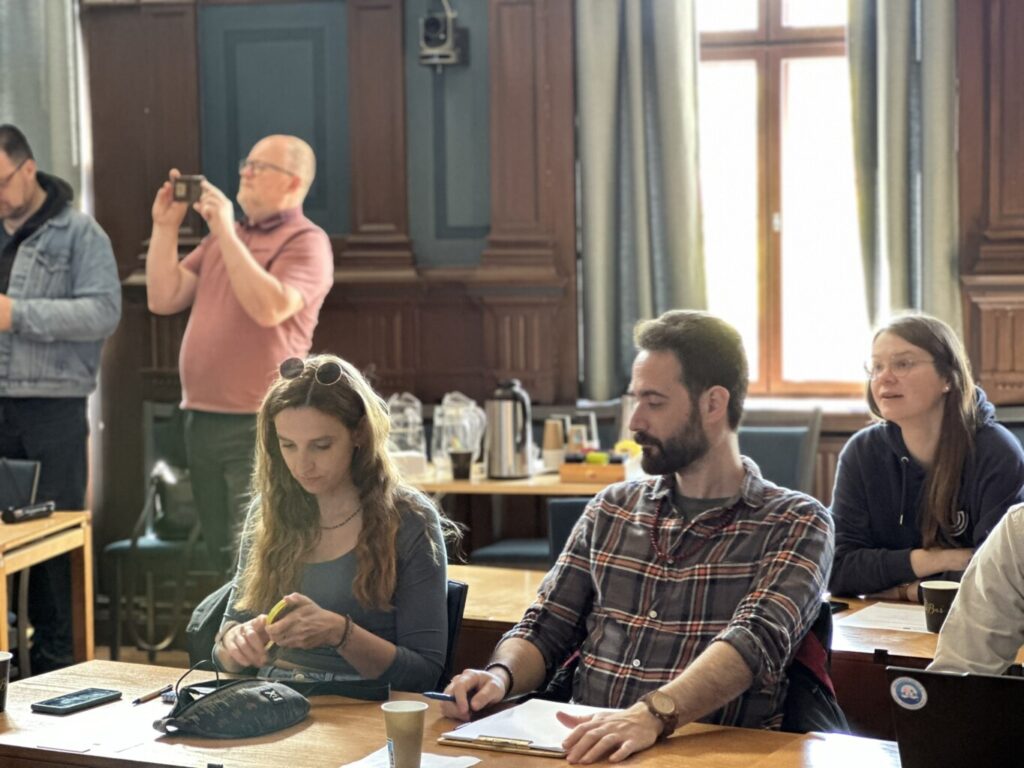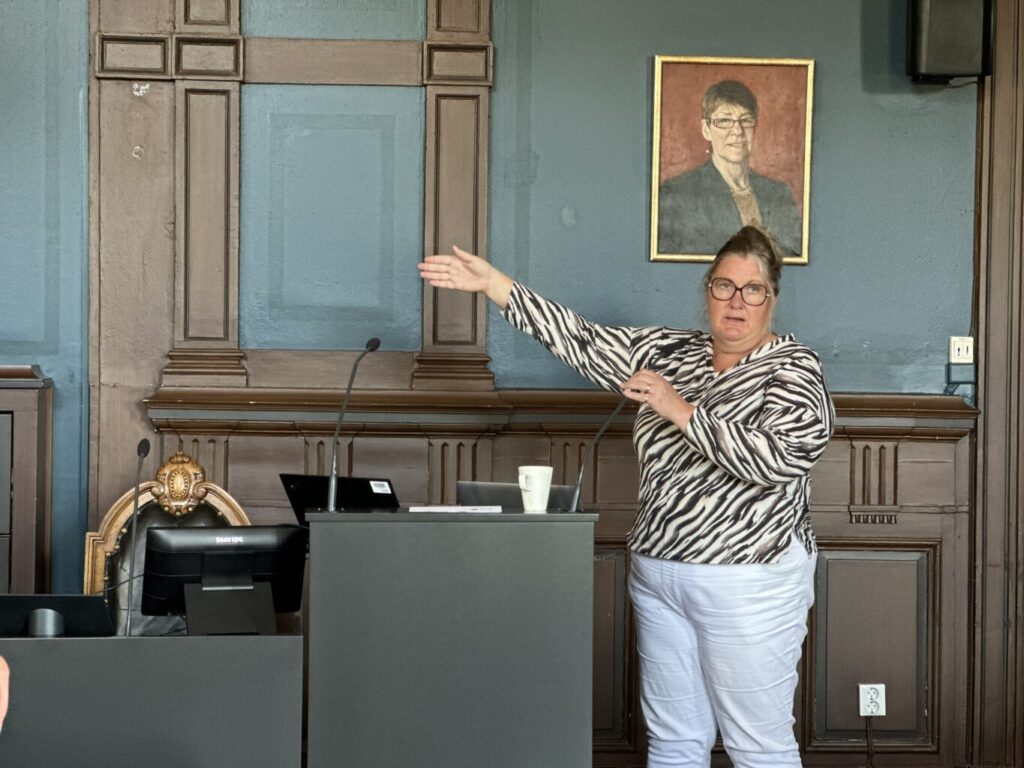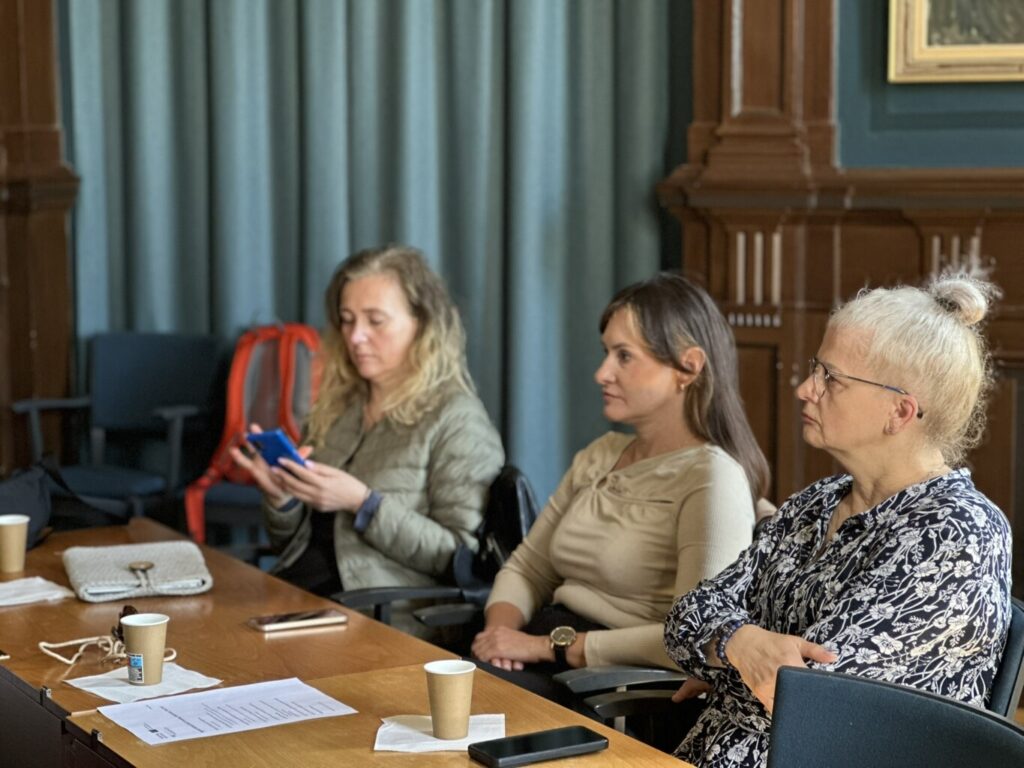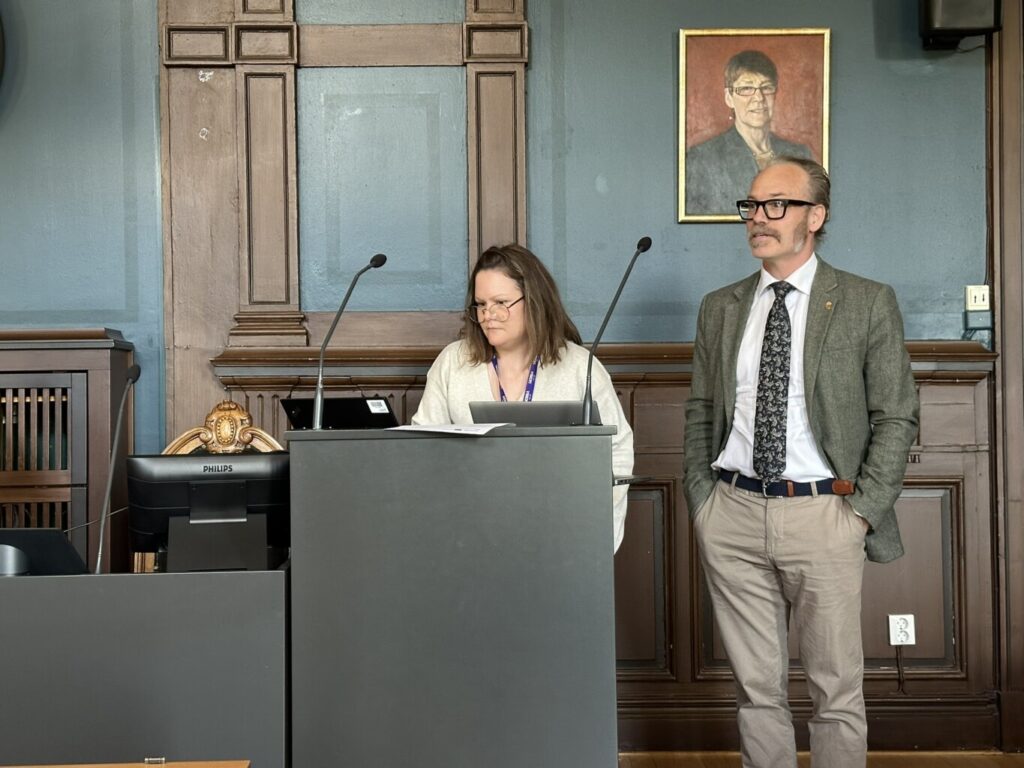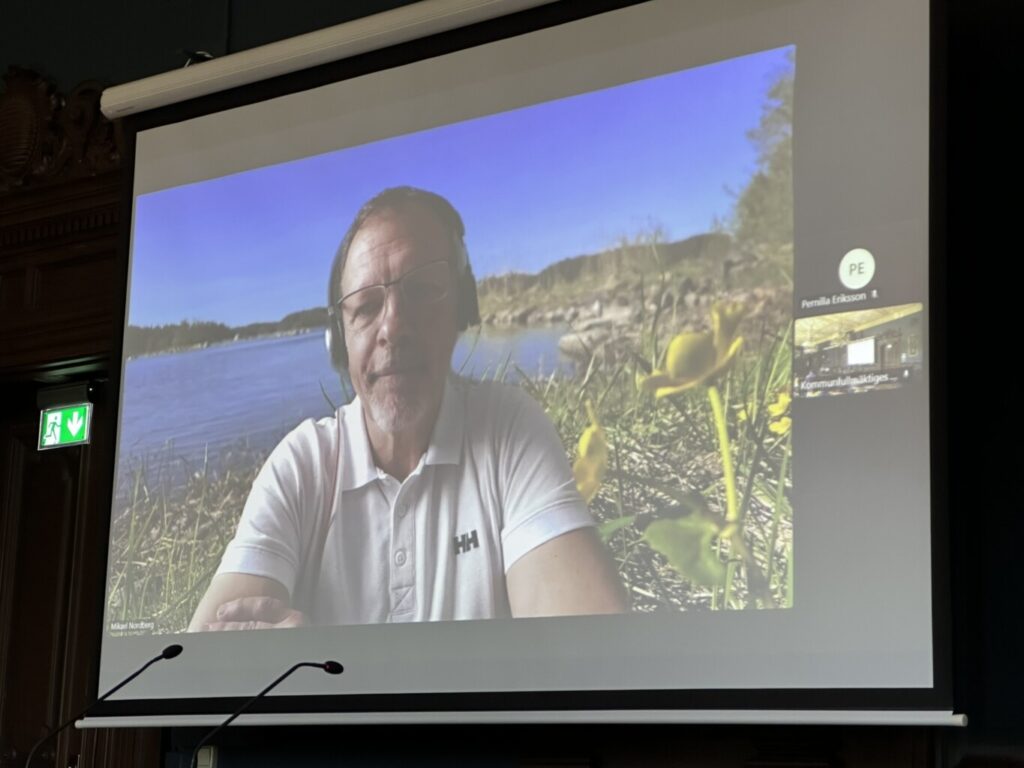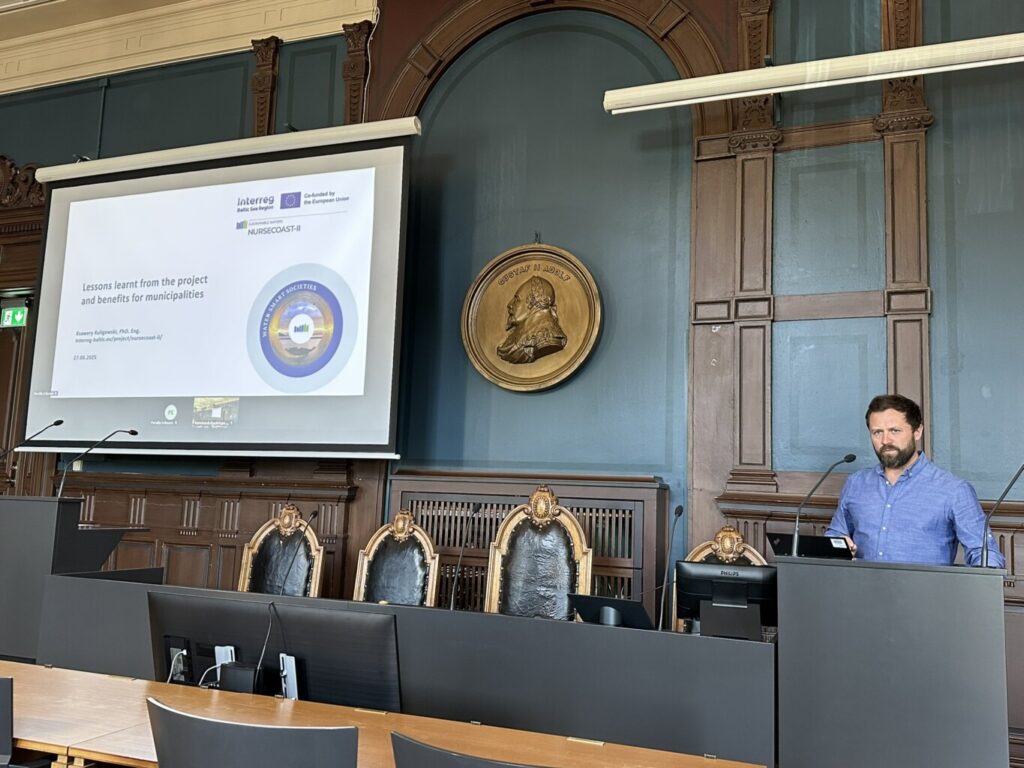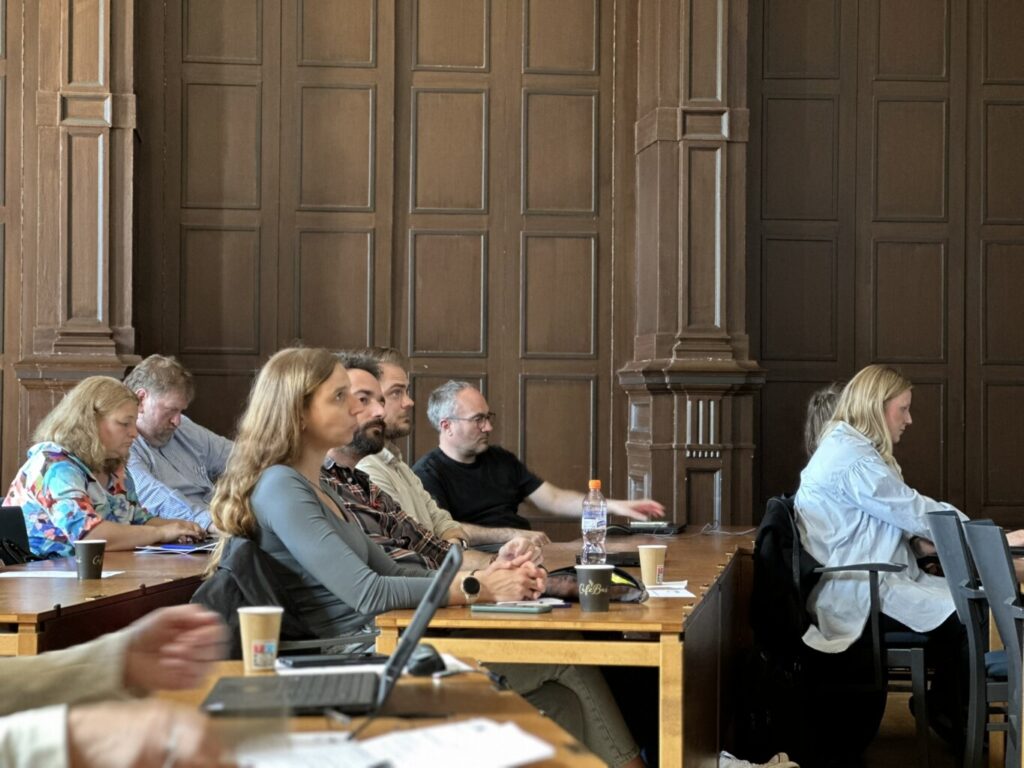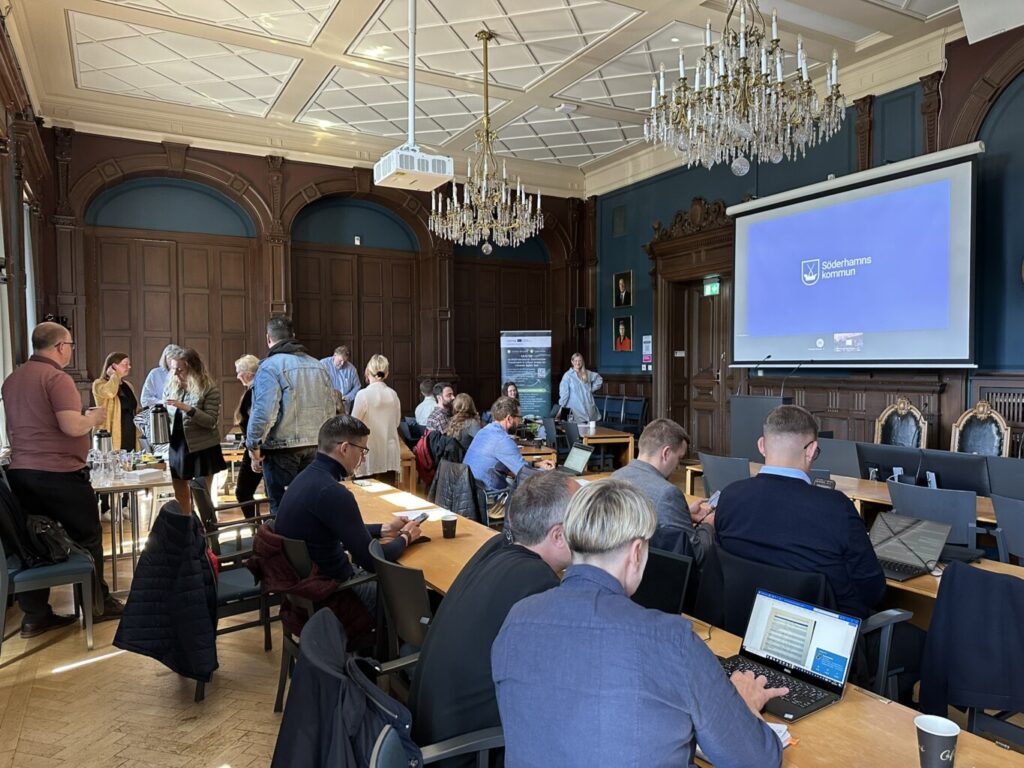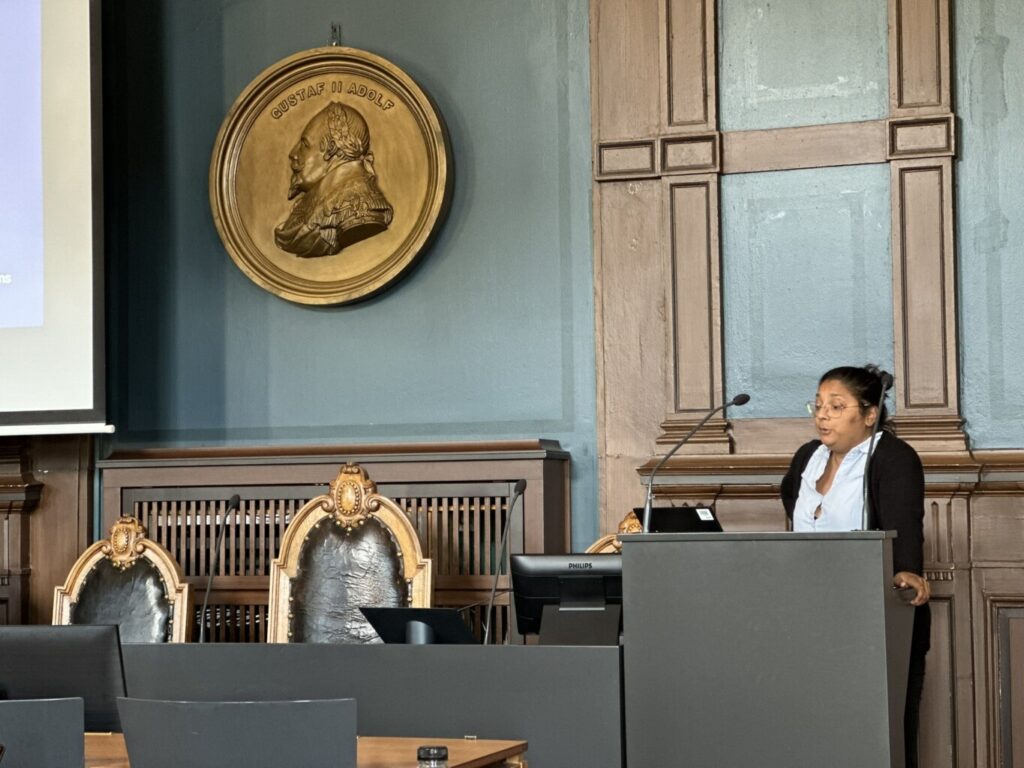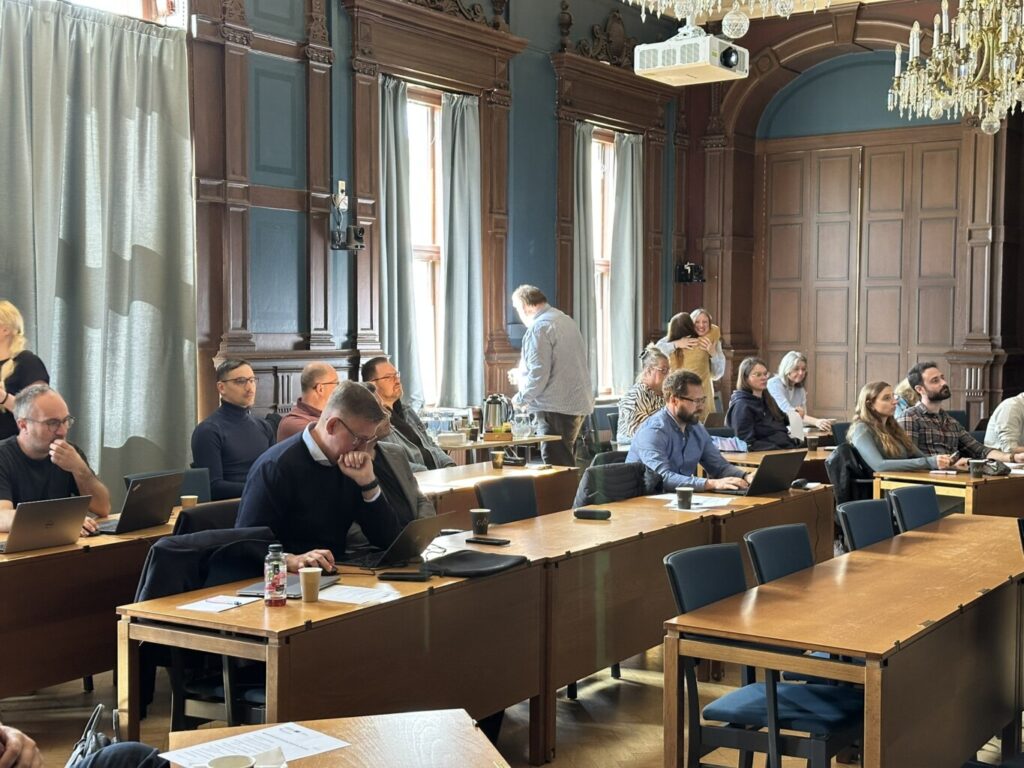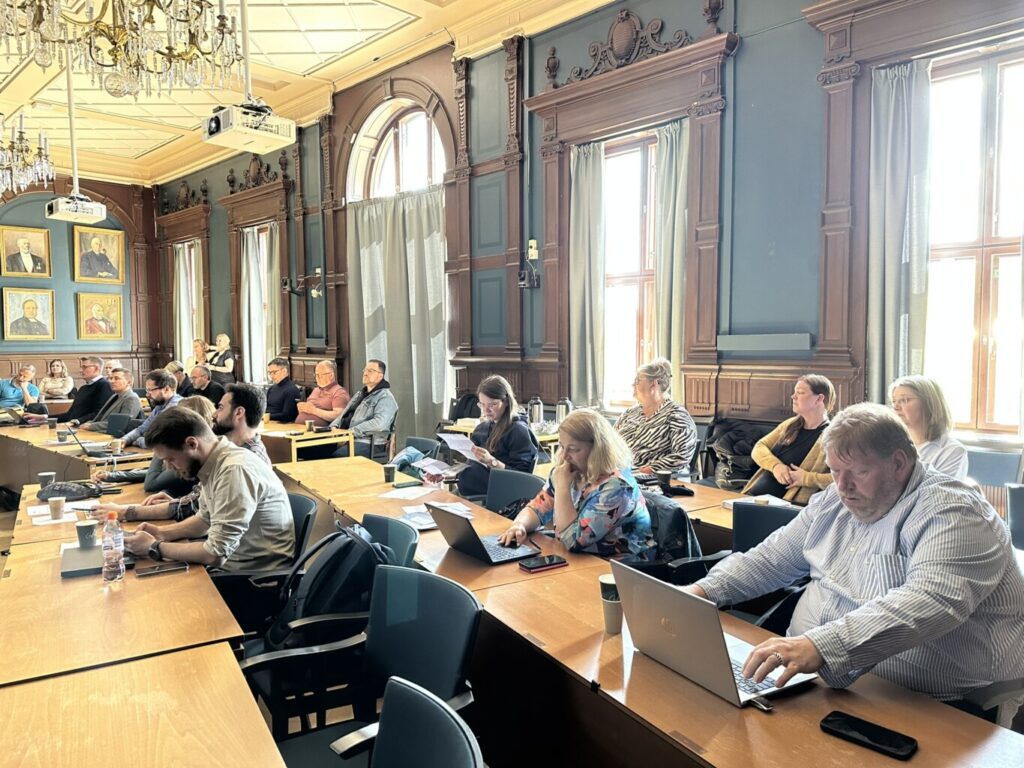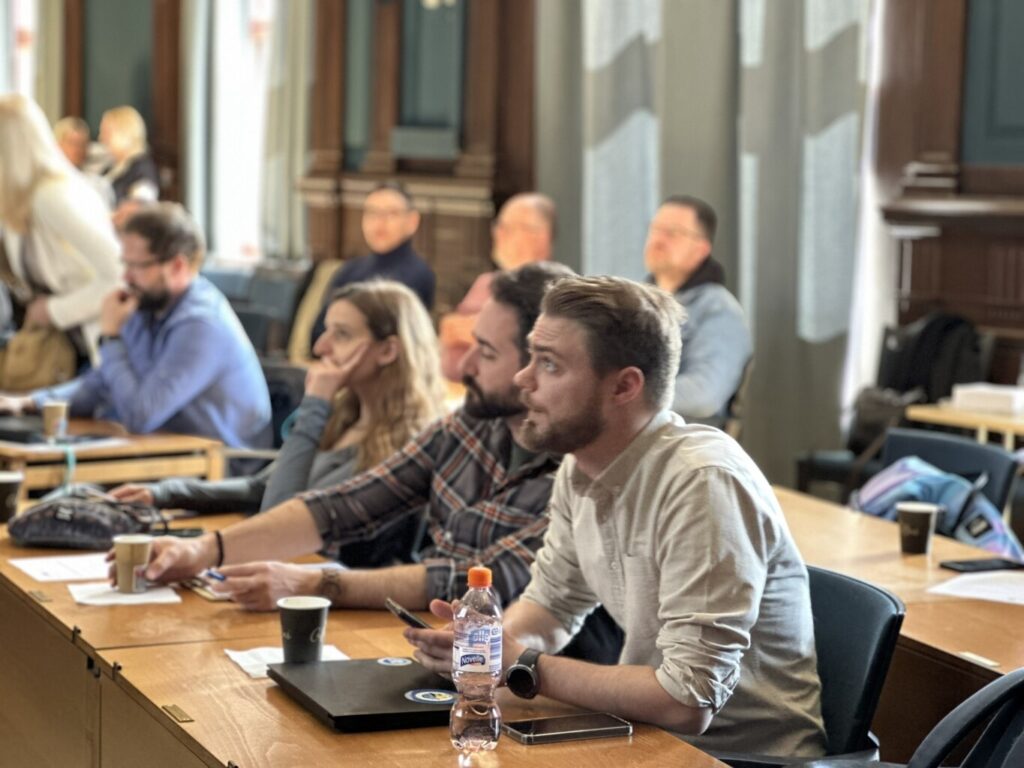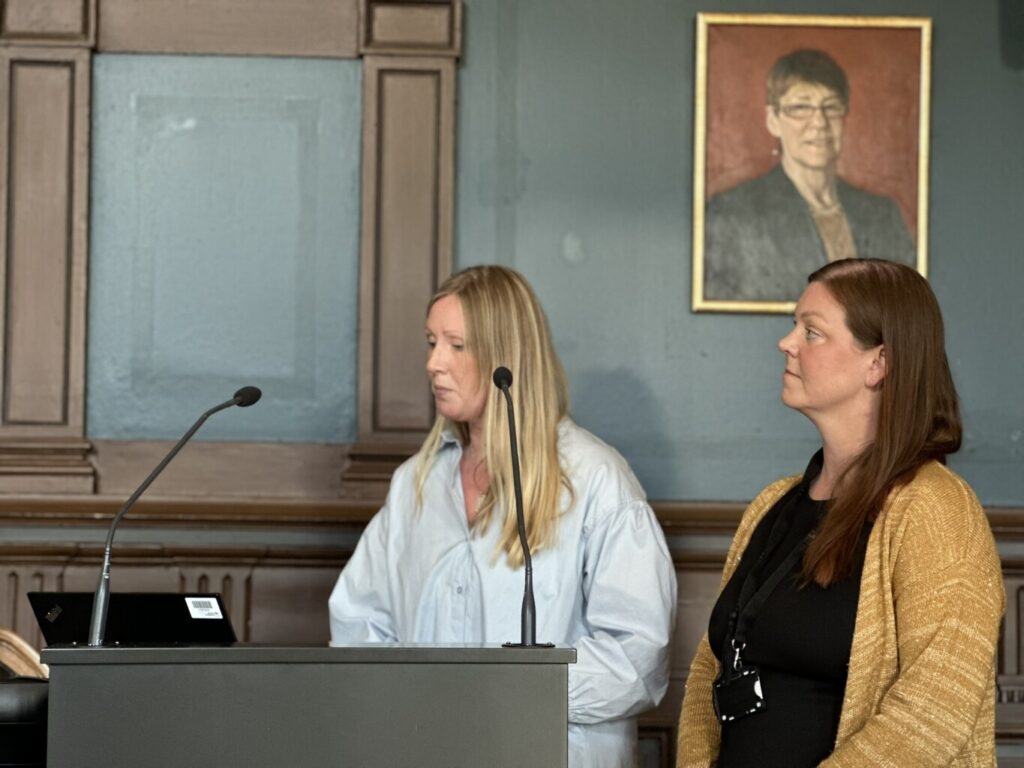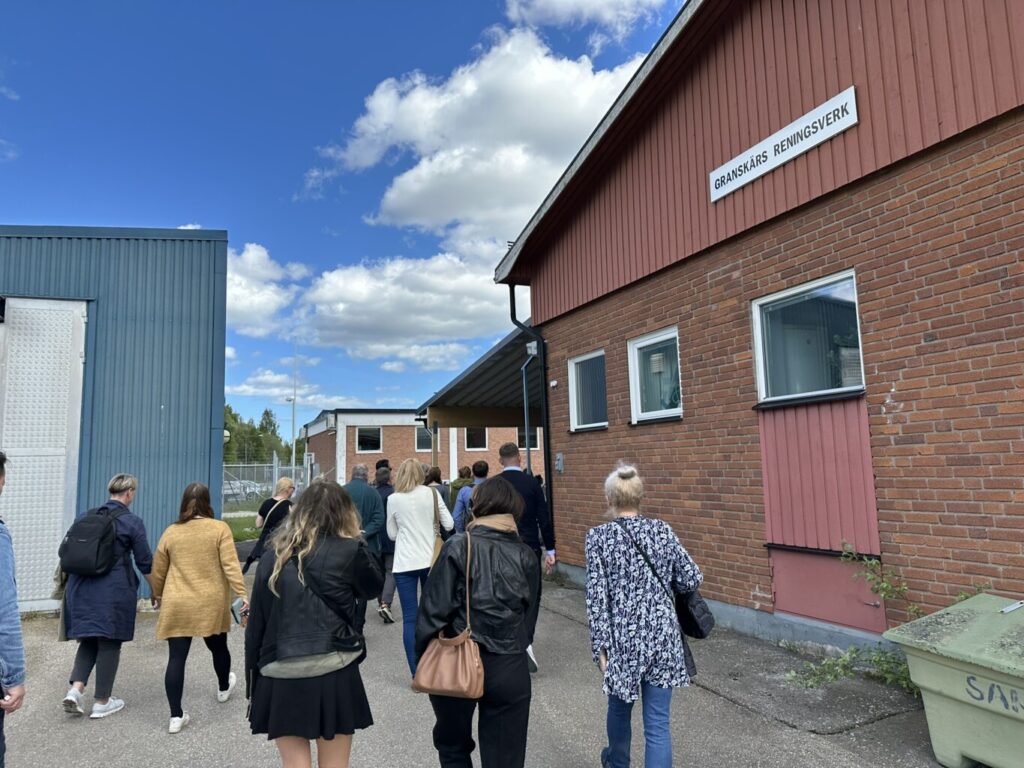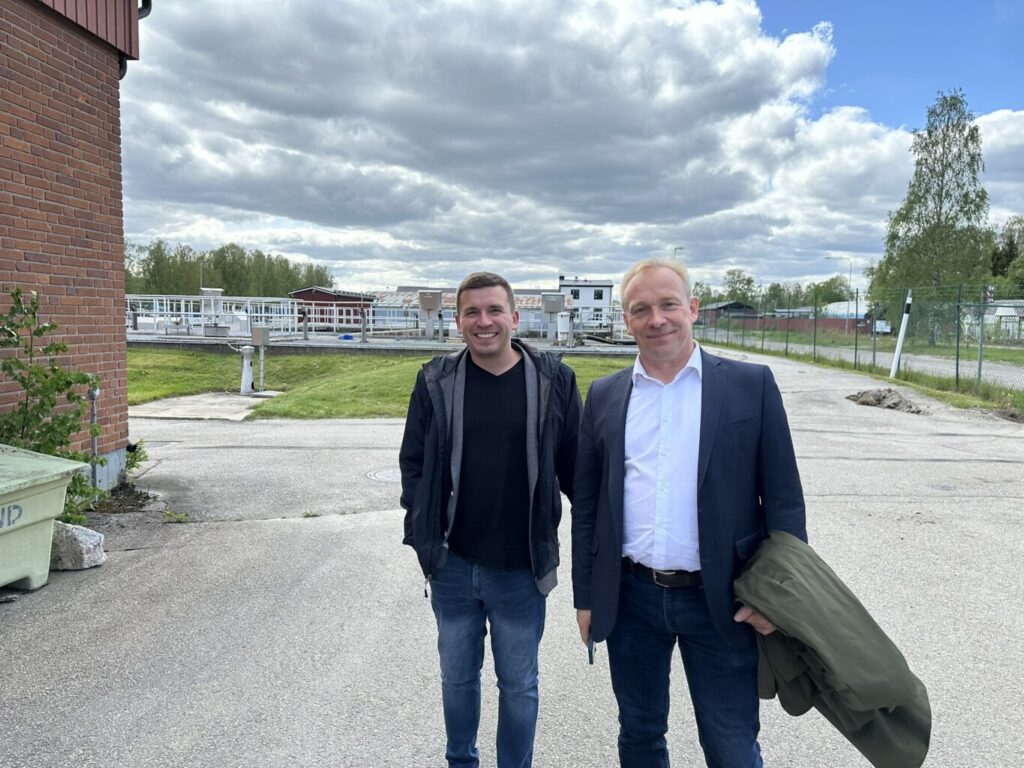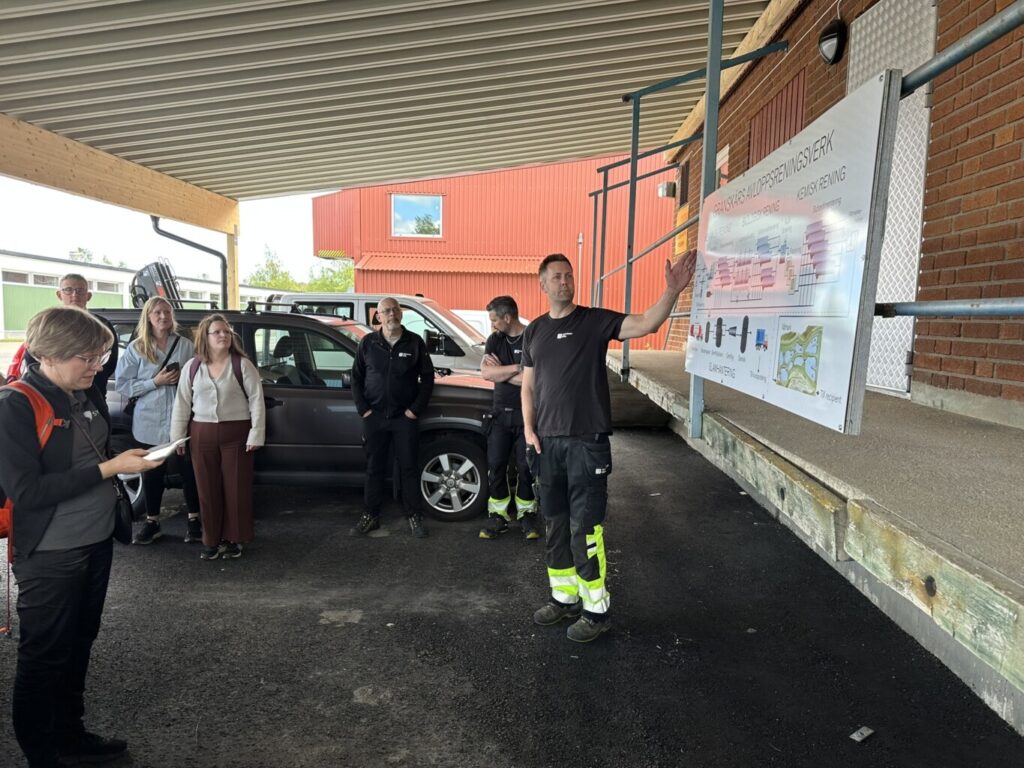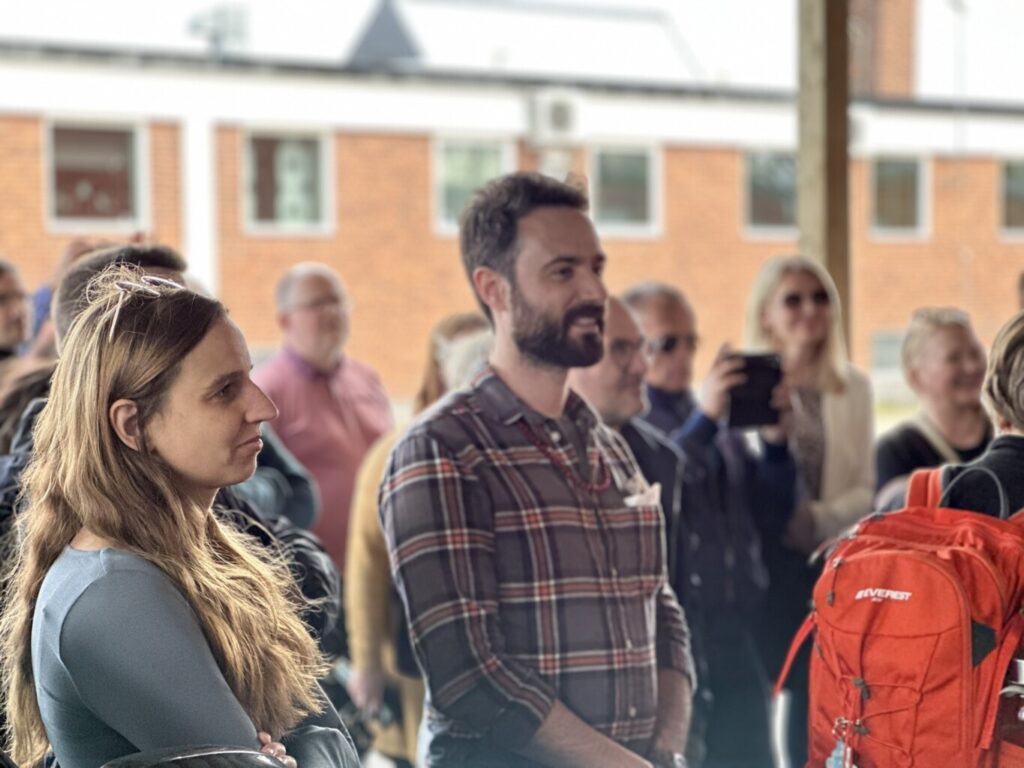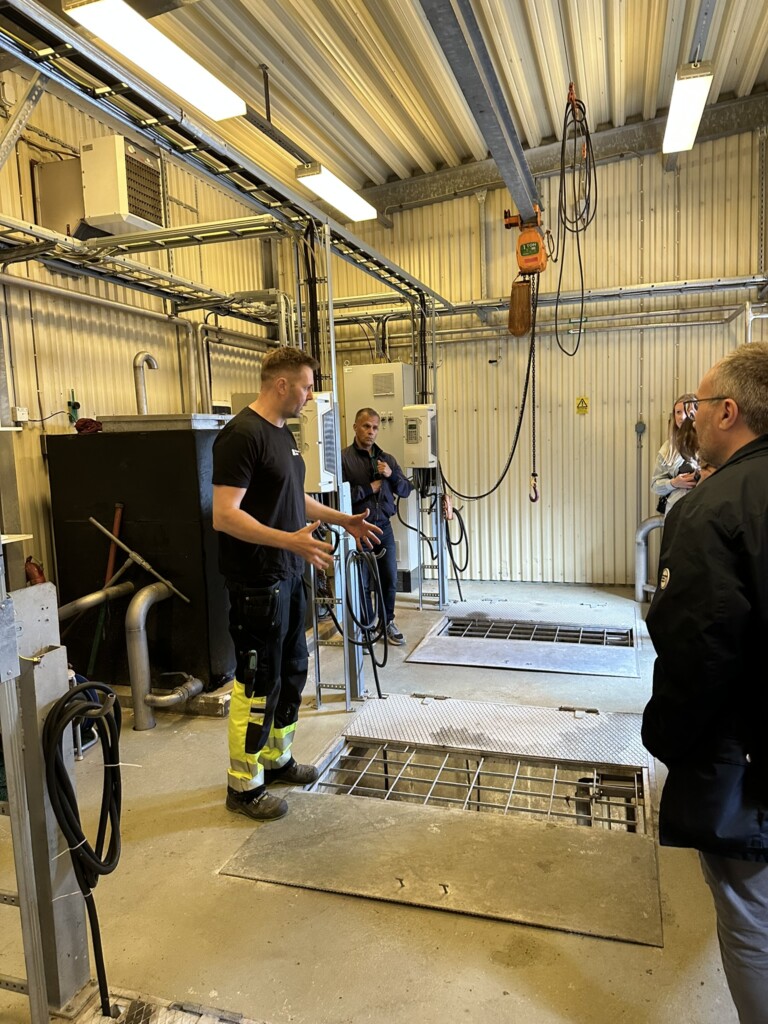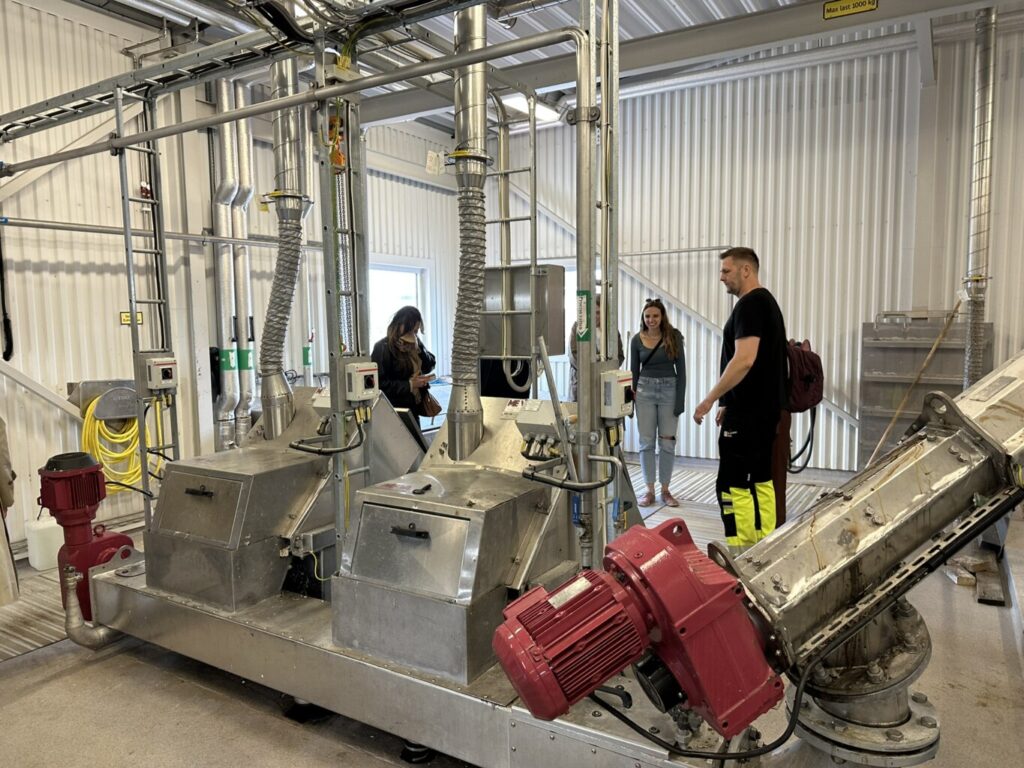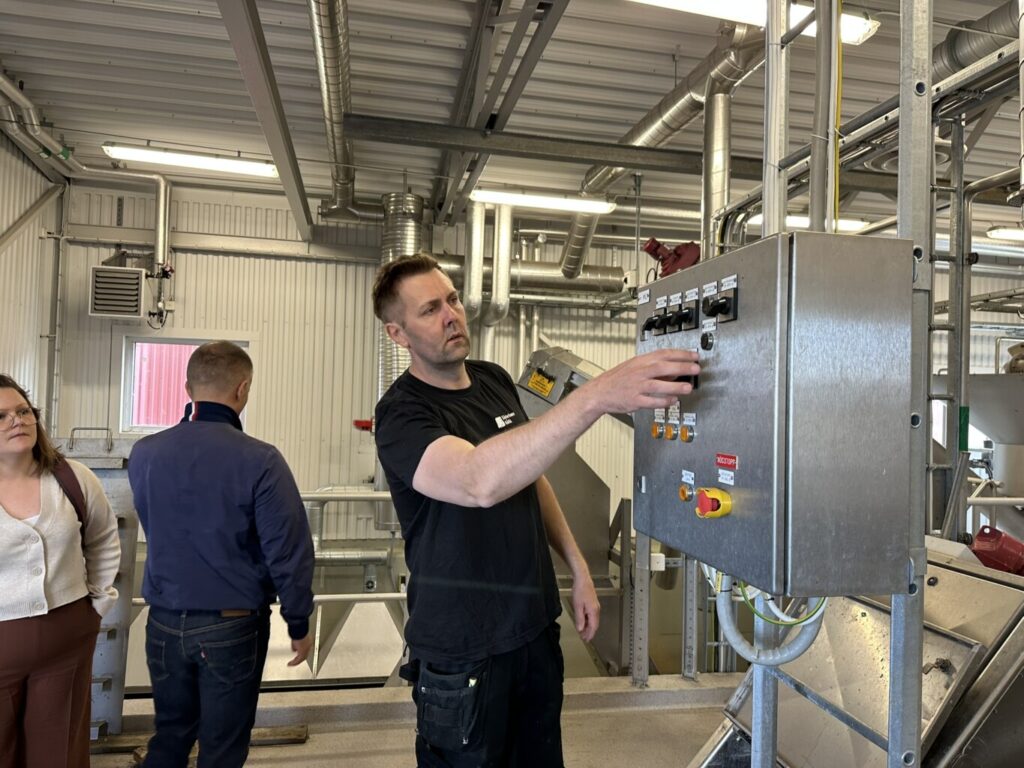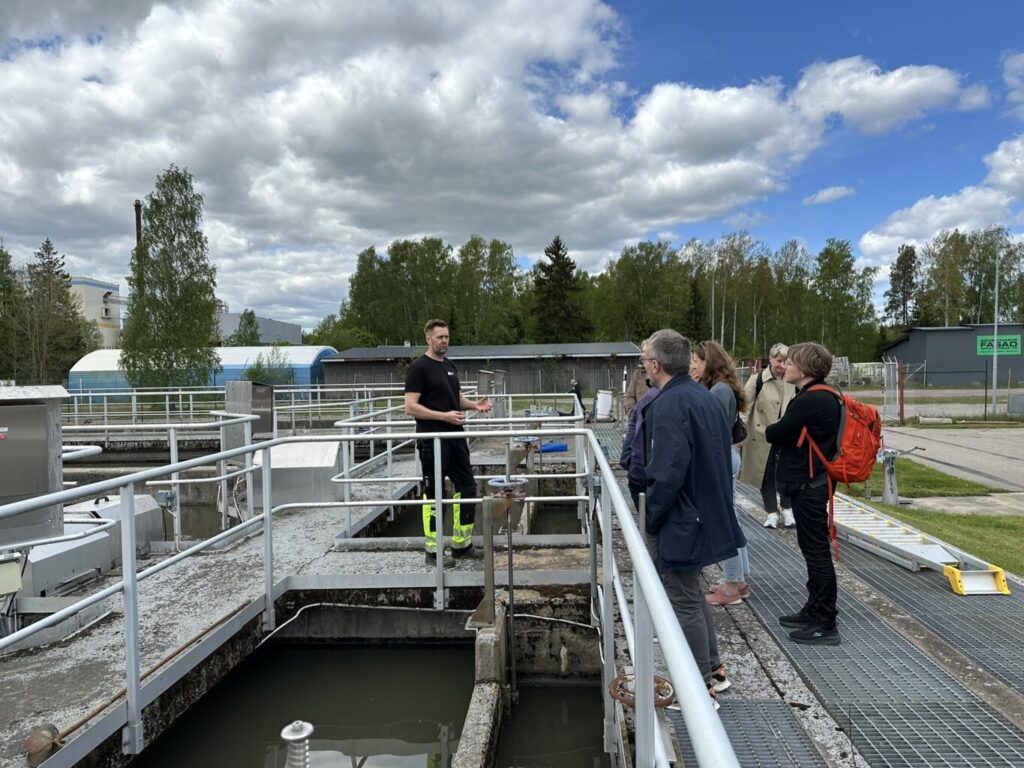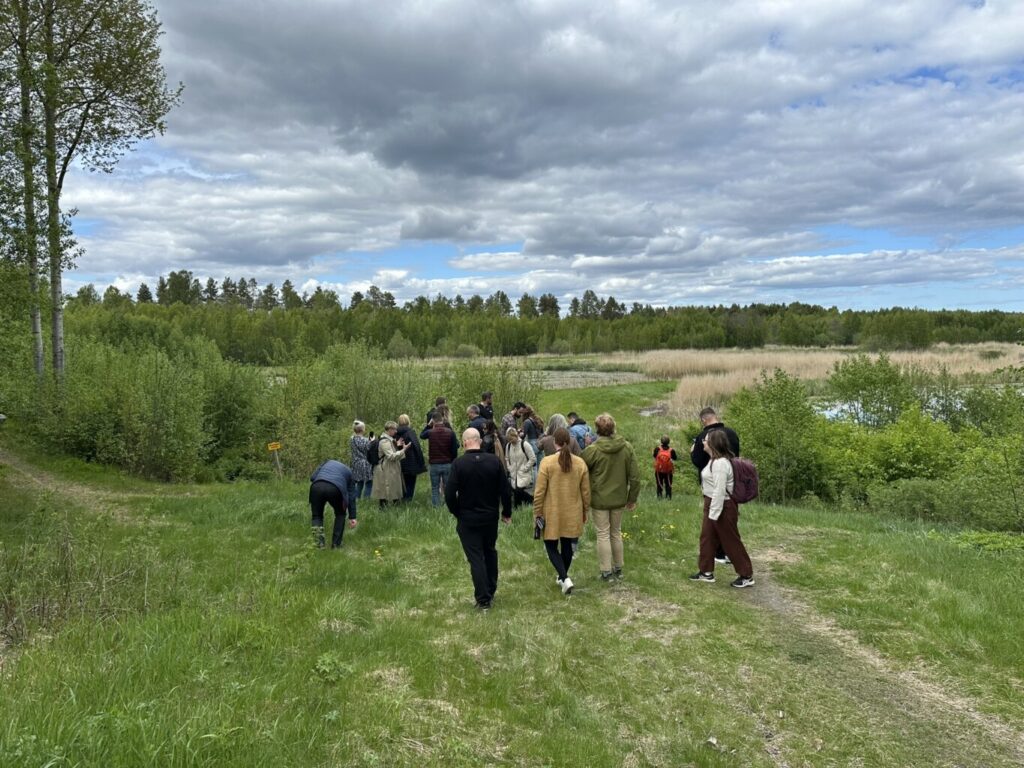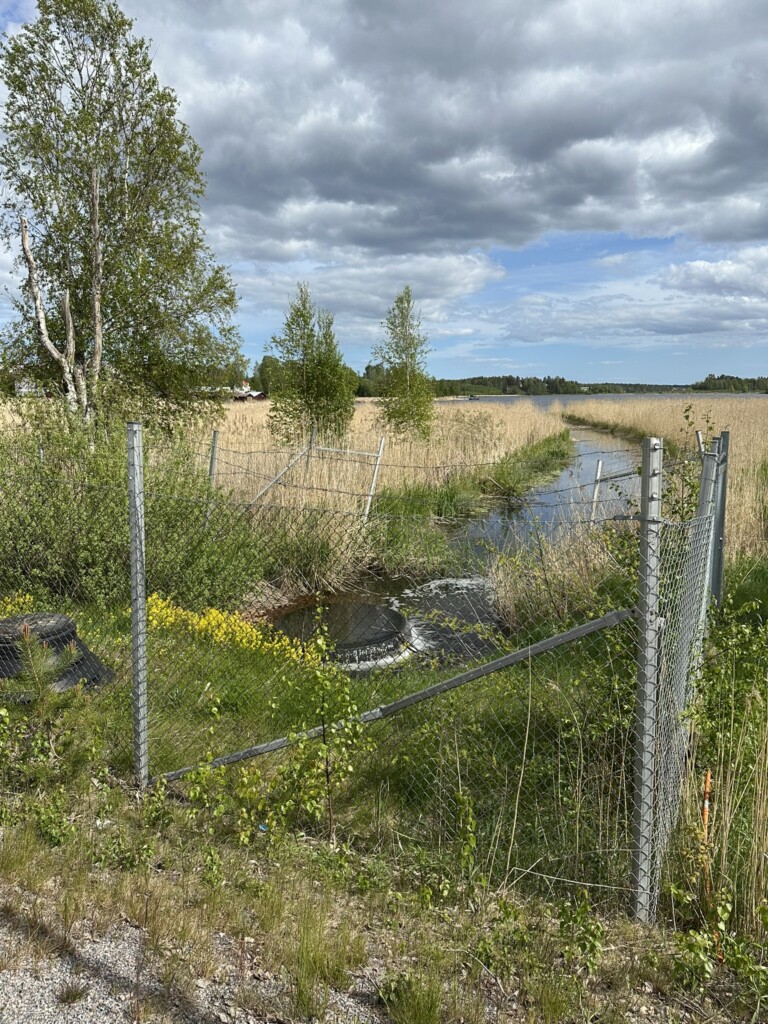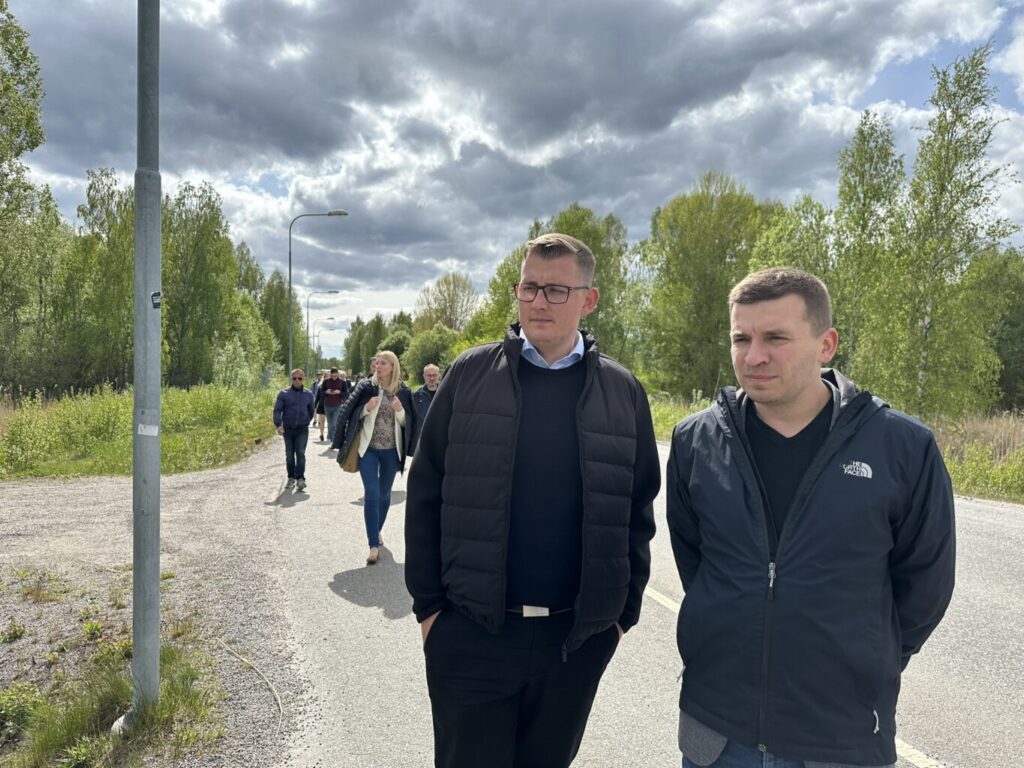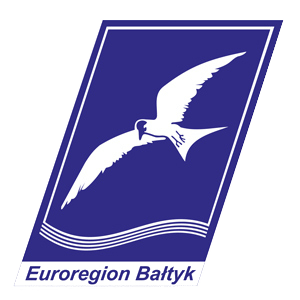Informacje z Euroregionu Bałtyk
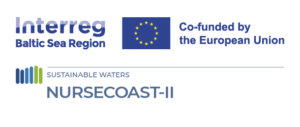
Nursecoast IItl-ne News Nursecoast-II Projects English pll_6846b40b4f062 Nursecoast II
Project meeting in Söderhamn 26-27.05.2025
The last year of the project on full swing
03 June 2025
During the last week of May, NURSECOAST-II project partners gathered in the scenic city of Söderhamn, Sweden, for a multi-day meeting focused on sustainable water management and wastewater seasonality issues in the Baltic Sea region.
Archipelago cruise and life-cycle assessment discussions
The meeting began with a guided cruise around the Söderhamn archipelago, including a visit to the island of Rönnskär, a city-owned destination which attracts many summer visitors. High seasonality makes the challenges the island is facing very relevant for our project. We met a daughter of the island’s former ship pilot, who led a fascinating tour of the historic pilot station. Participants learned about the island’s history, including how solid waste was traditionally transported in barrels and how electricity was connected only in 2007.
A local biologist shared insights into ongoing ecological changes in the archipelago, including eutrophication. This was followed by an in-depth Life Cycle Assessment (LCA) presentation by project partners Jolanta Dvarionienė and Jari Heiskanen.
The second day introduces local perspectives and innovations
Tuesday began with an introduction to the city of Söderhamn and its environmental challenges by the representative of the municipality. Later, we heard more on Sweden’s ecosystem-based management efforts, engaging a wide range of actors in restoration work.
We also heard about the NURSECOAST-II pilot updates. Pilot 3 shared updates on overcoming nanobubble membrane clogging with a new rotating disc solution. Project manager Ksawery Kuligowski also provided a valuable update on lessons from the project and led a panel discussion. In addition, we heard from the Swedish project partners about another exciting project called MustBe that they are part of.
The day concluded with a tour of the Granskär wastewater treatment plant, originally built for 20000 PE and currently handling 14000 PE. The plant plays a vital role in local wastewater treatment, it has combined pipes from households and street. although the archipelago itself remains disconnected, relying on greywater separation and incineration.
Sharing cross-border experiences is valuable
The third day of the field trip featured examples and case studies from Polish municipalities, which are heavily influenced by tourists. These also highlighted the impact of tourism on wastewater infrastructure. With some municipalities experiencing a staggering 2000% seasonal increase in visitors, managing uneven wastewater distribution remains a significant challenge.
The meeting offered a rich exchange of experiences, challenges, and innovations, underscoring the importance of cross-border collaboration in tackling environmental pressures in coastal and island regions.
